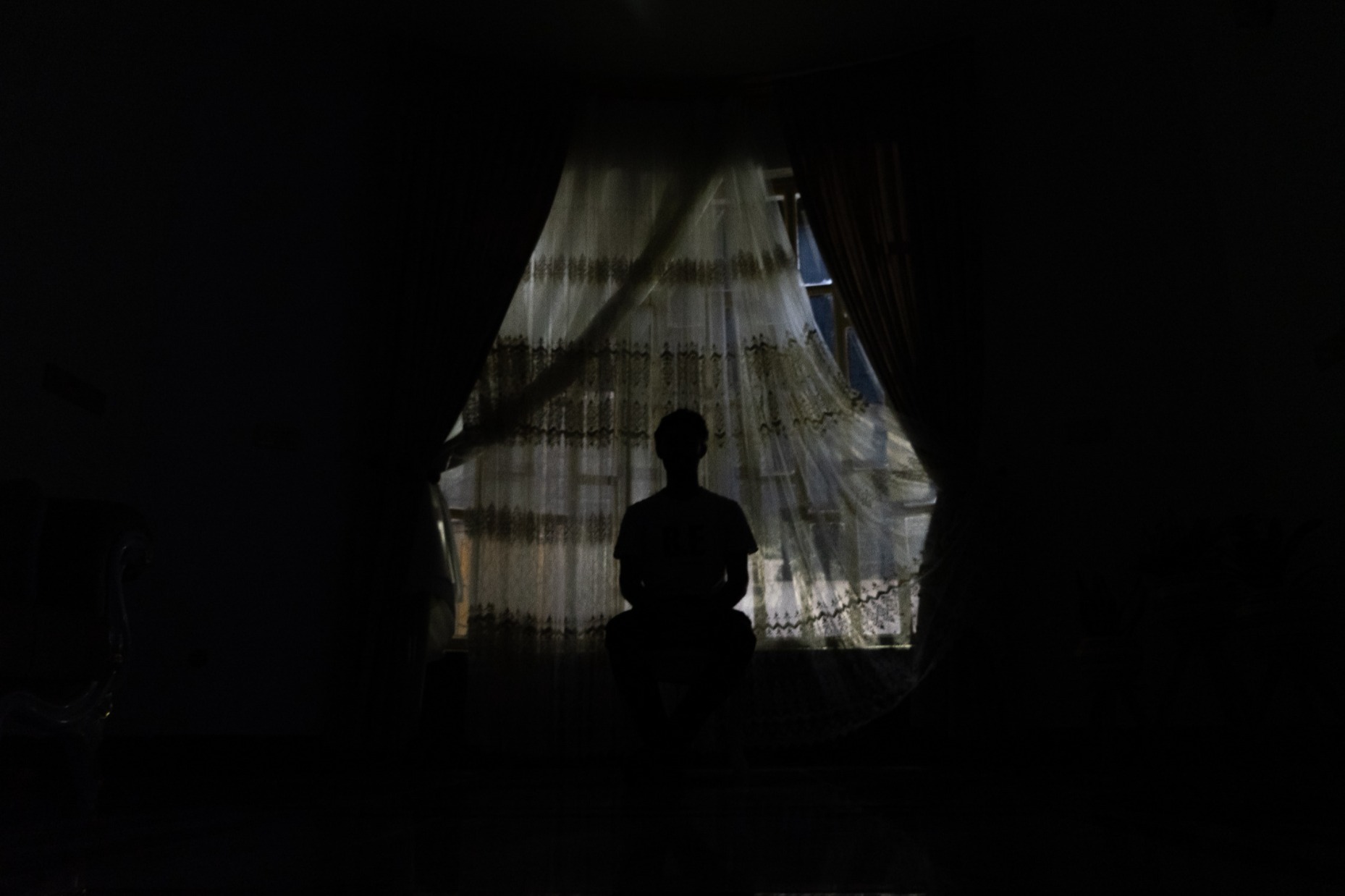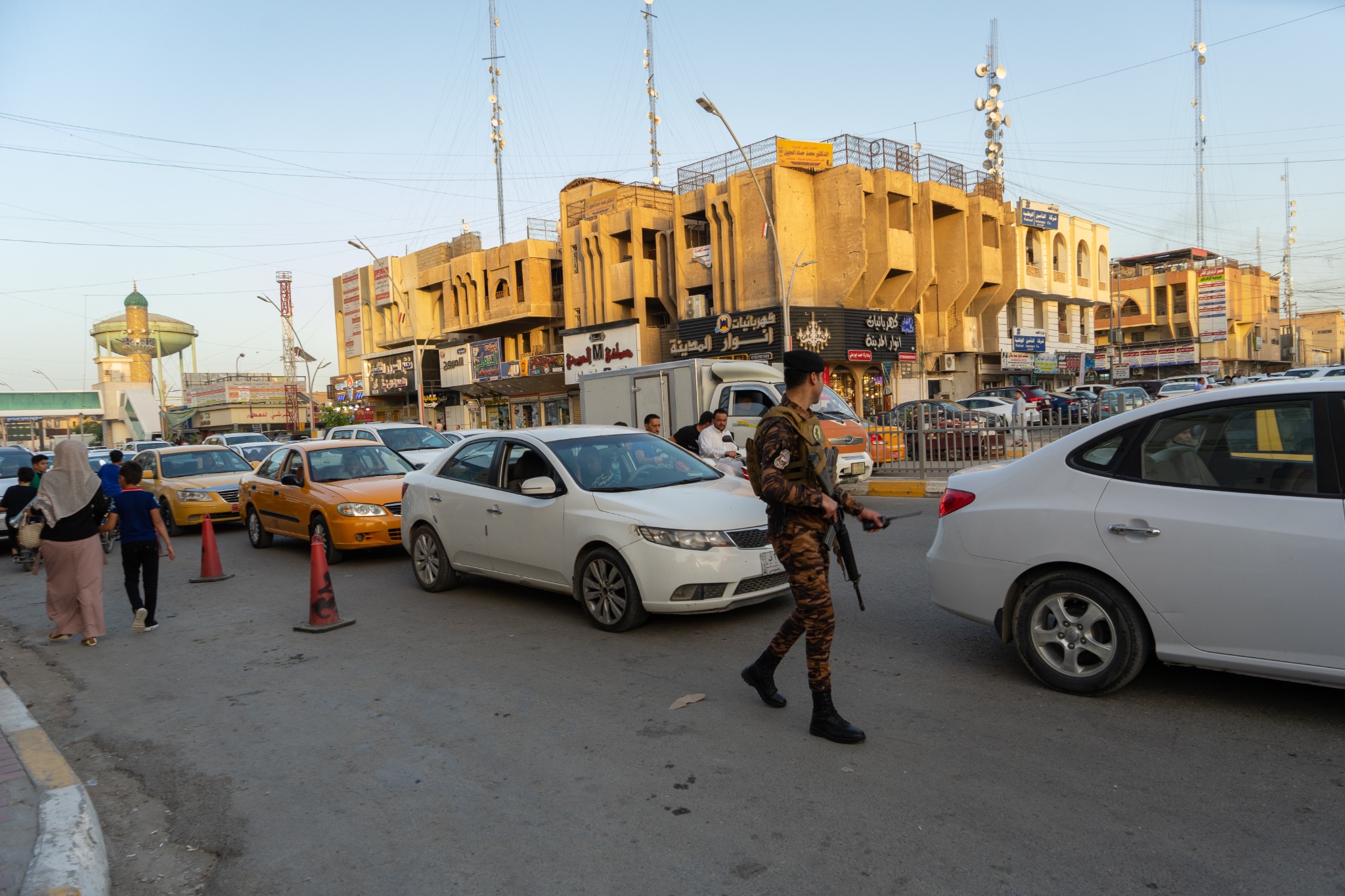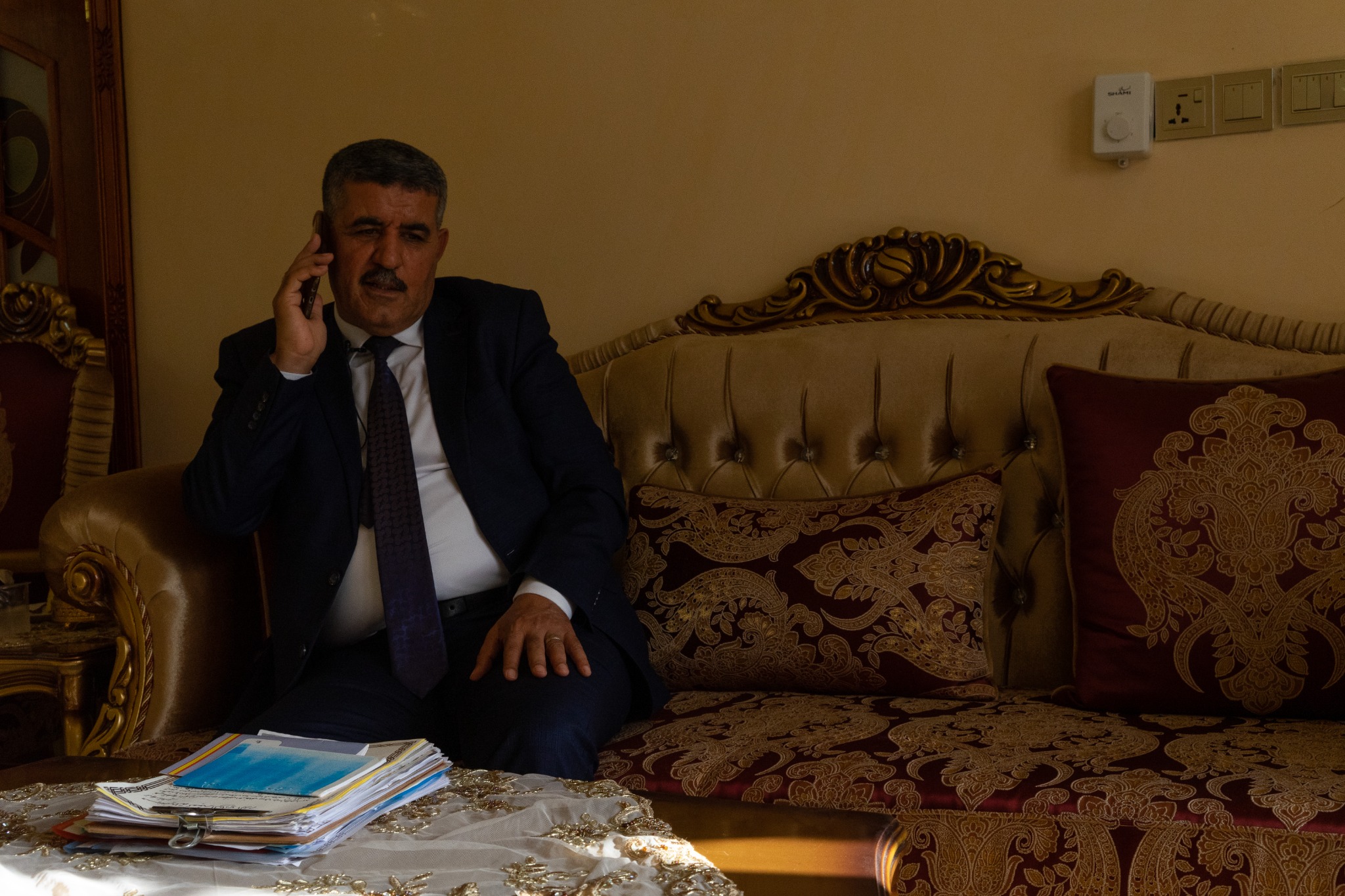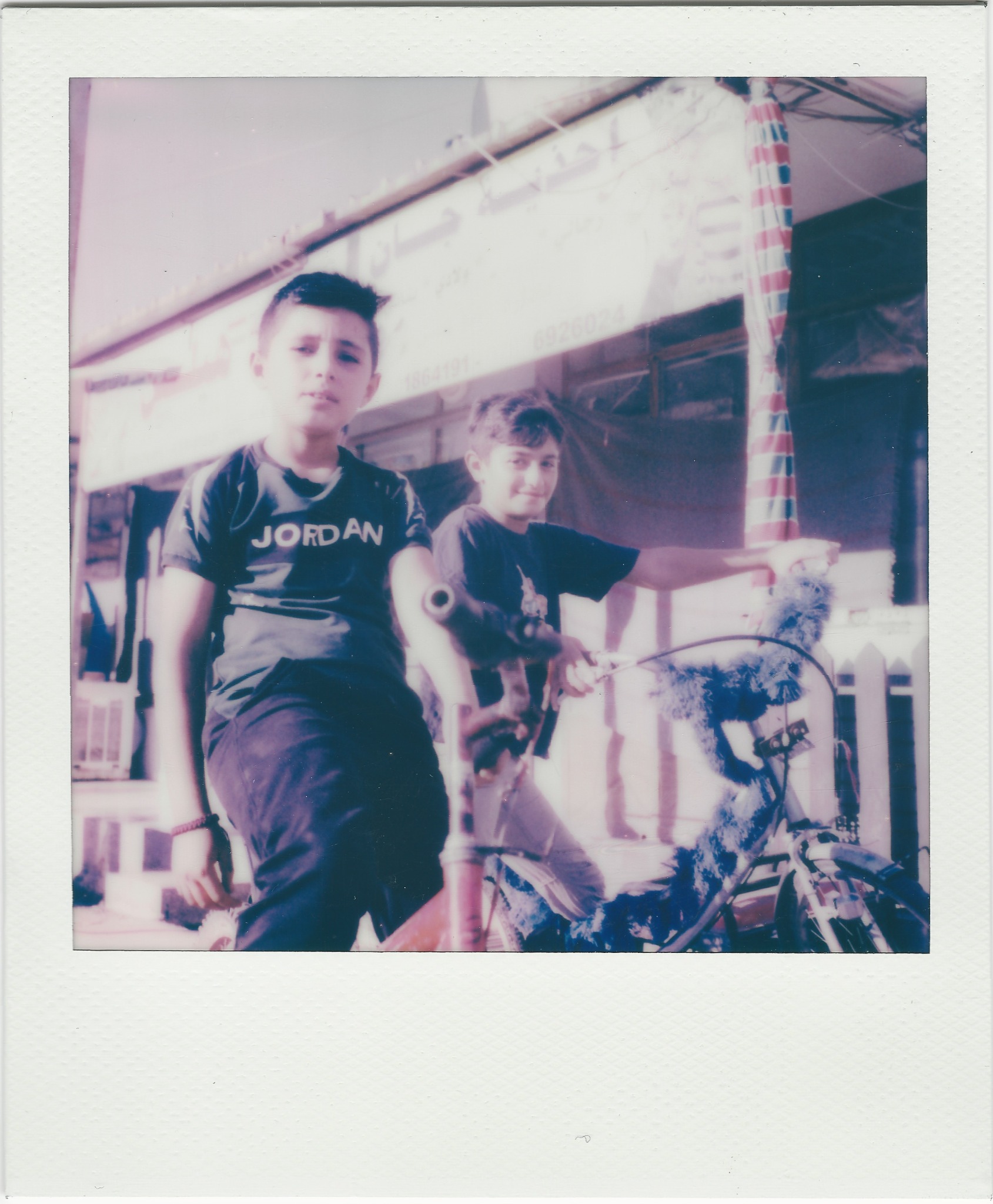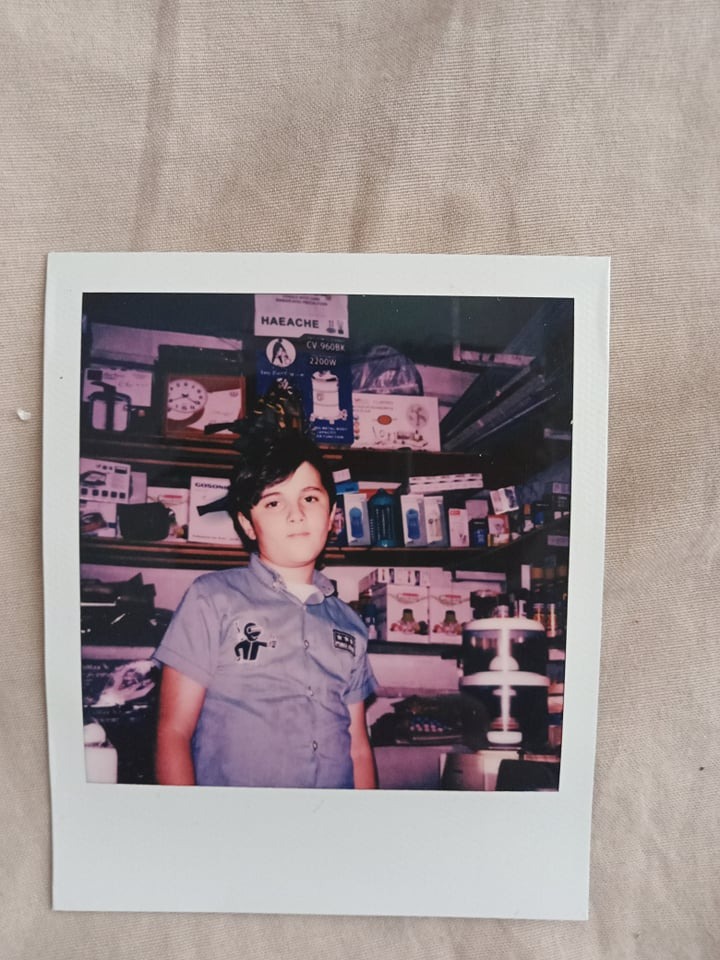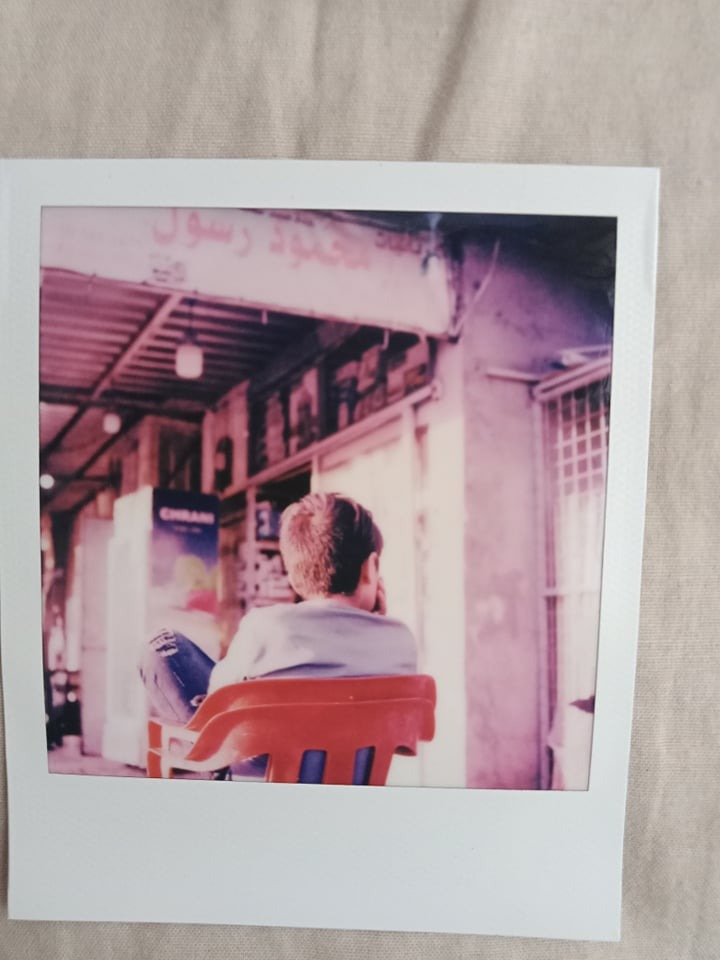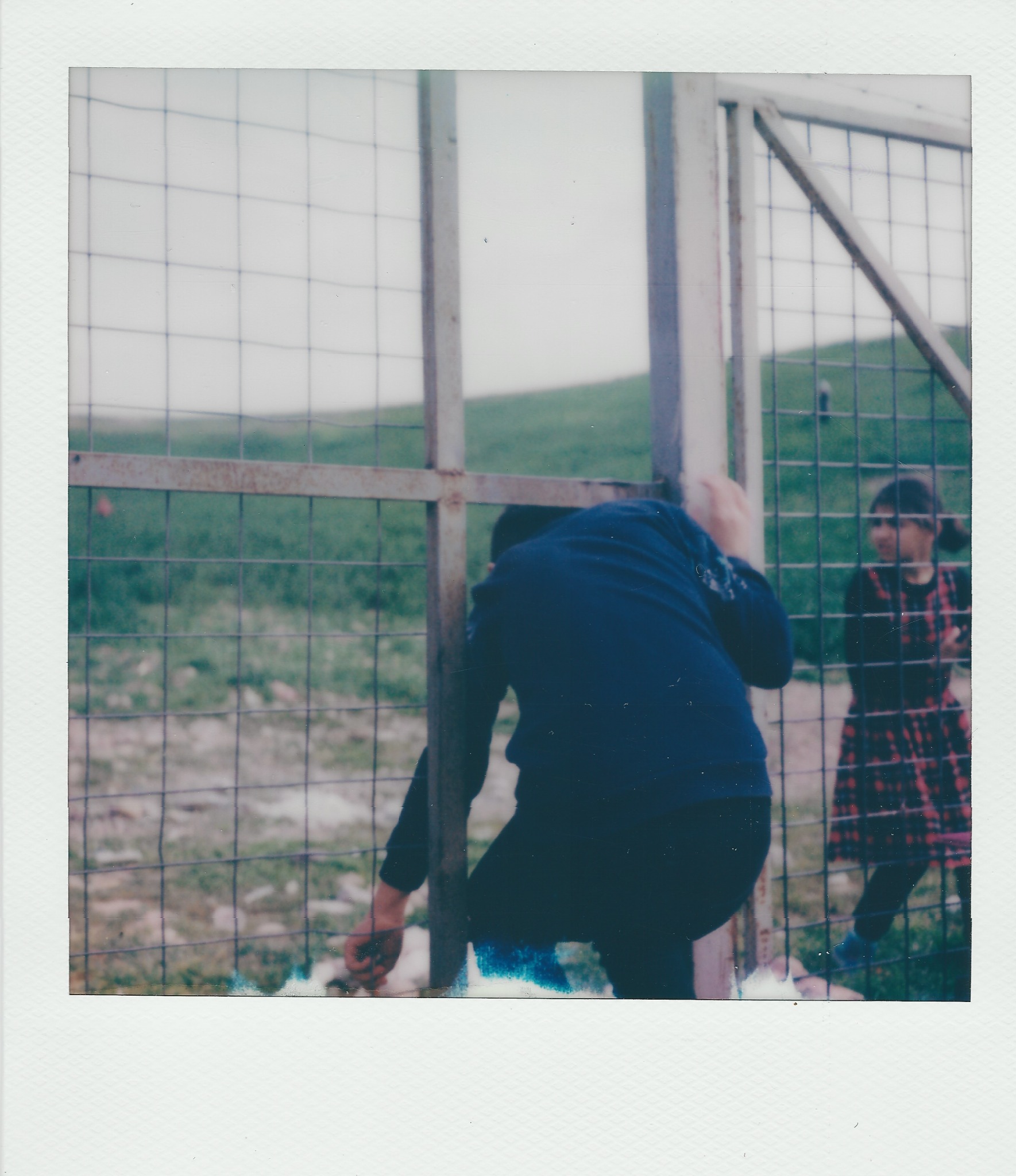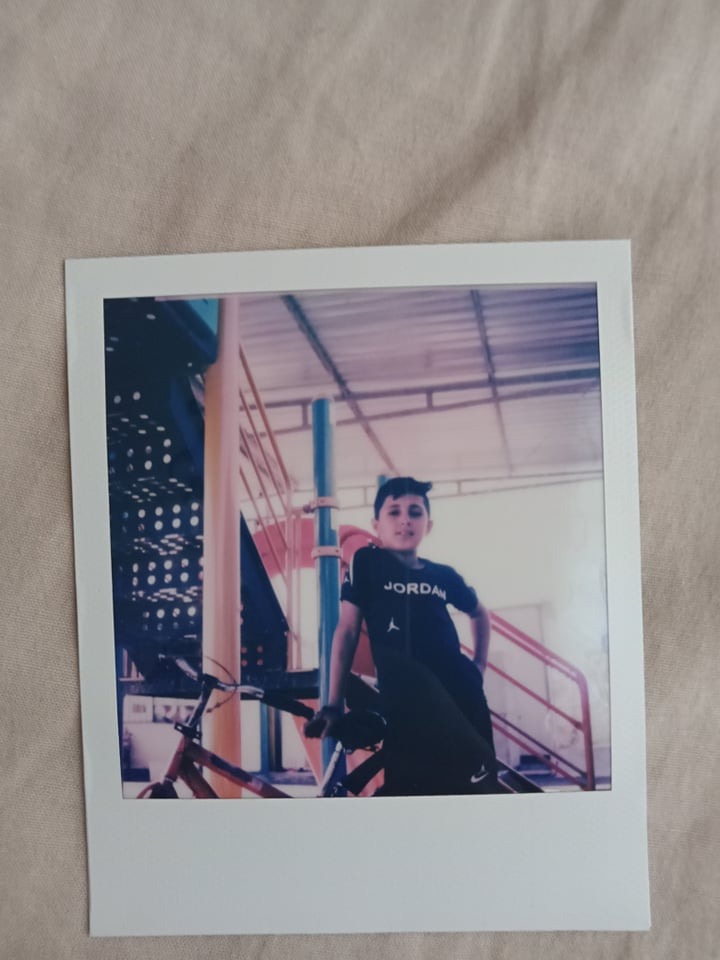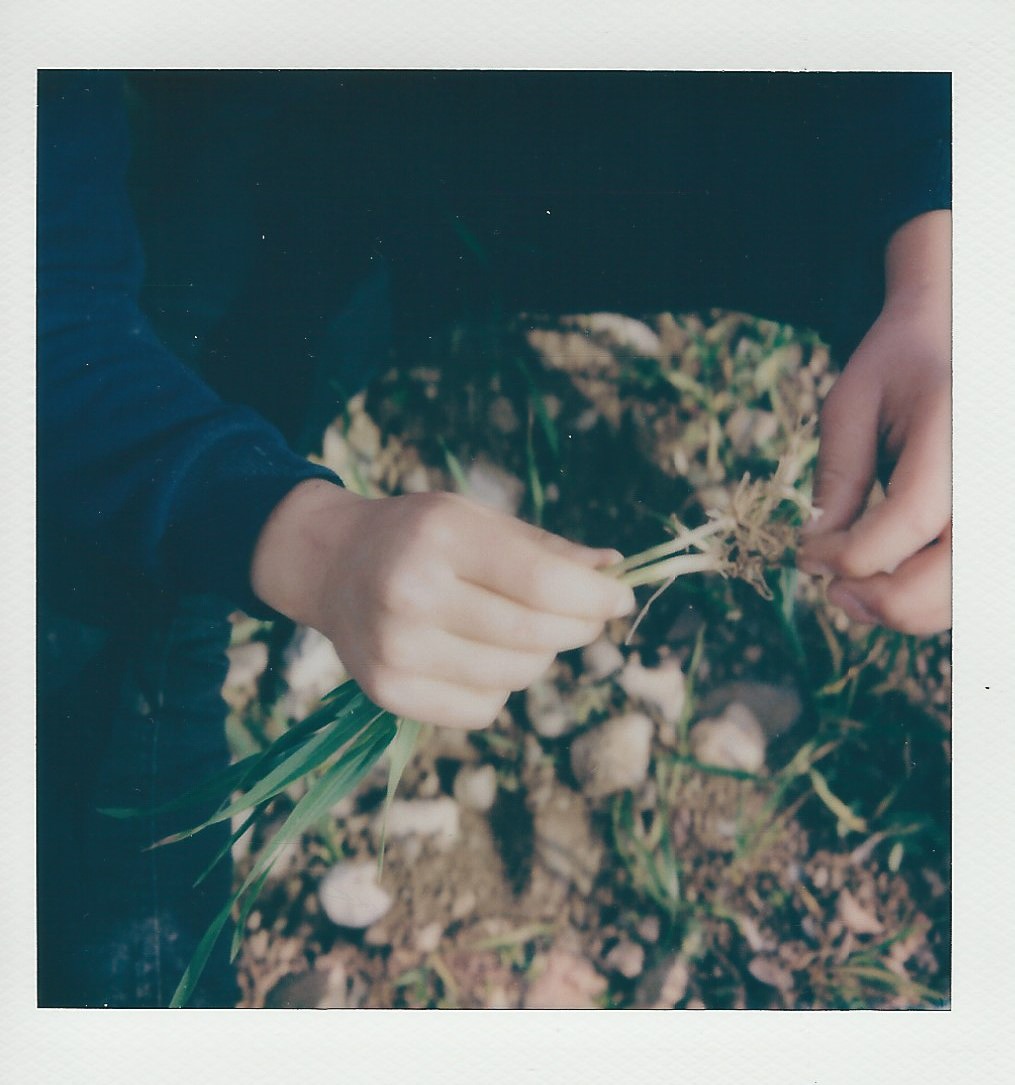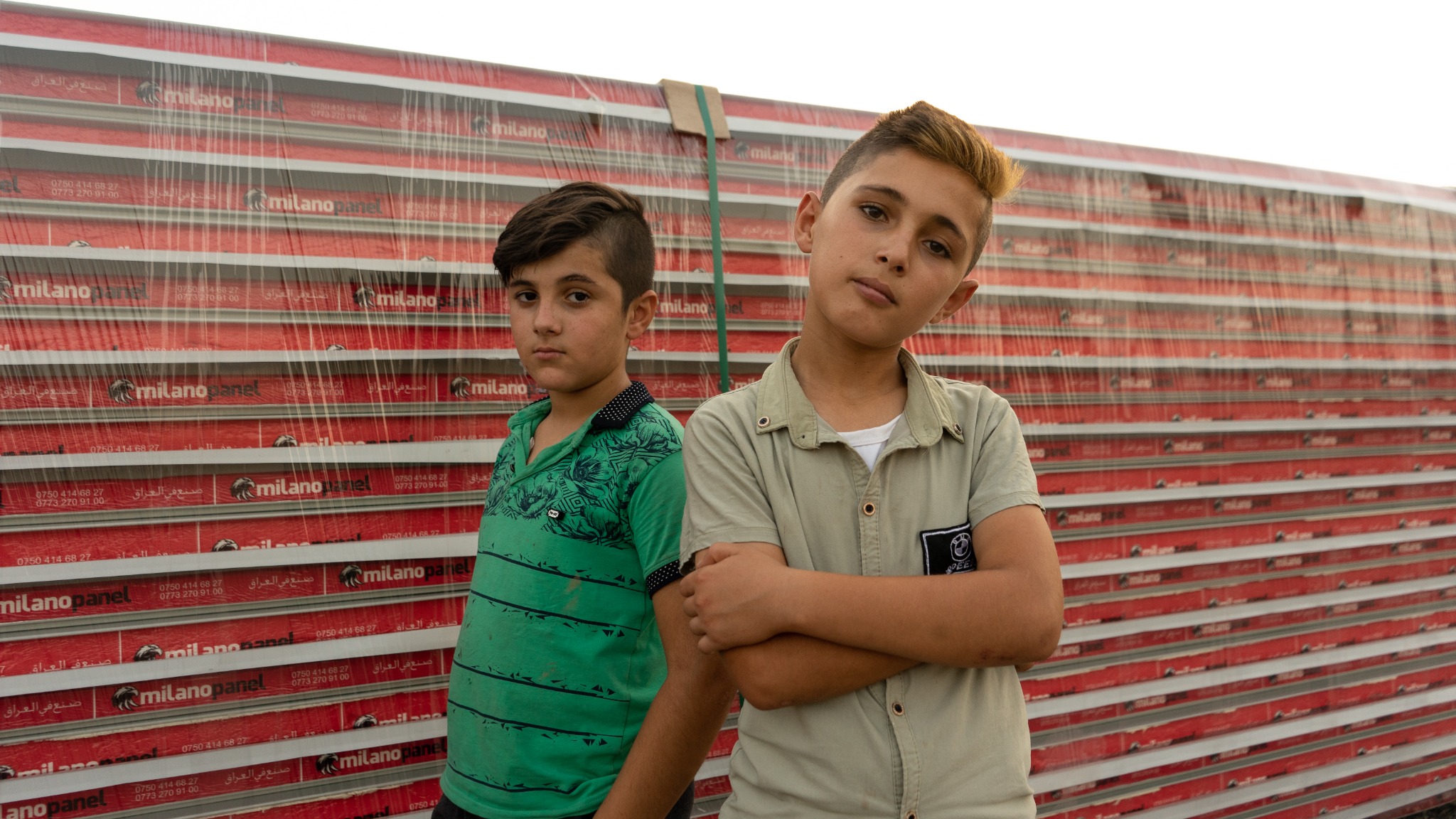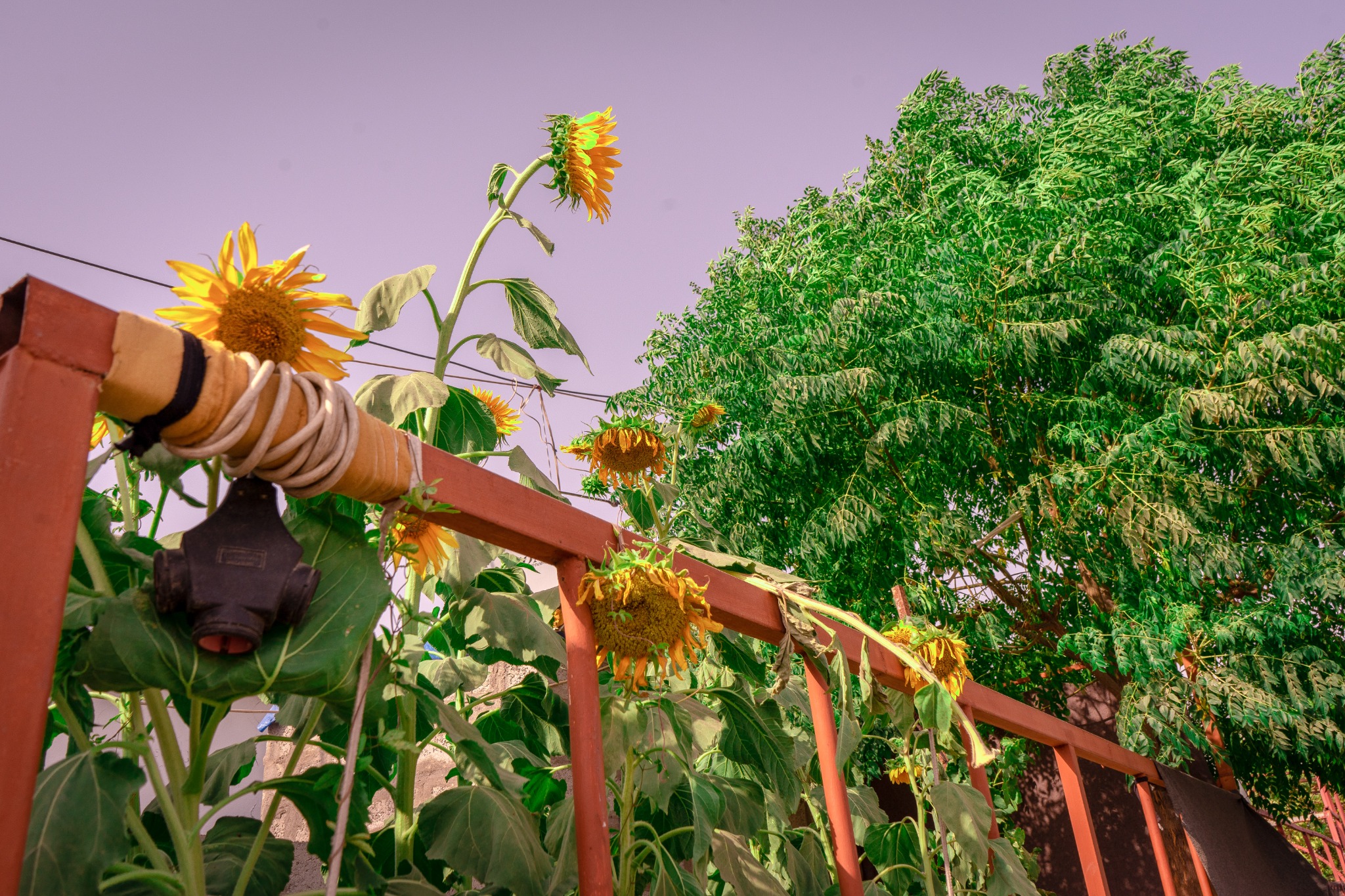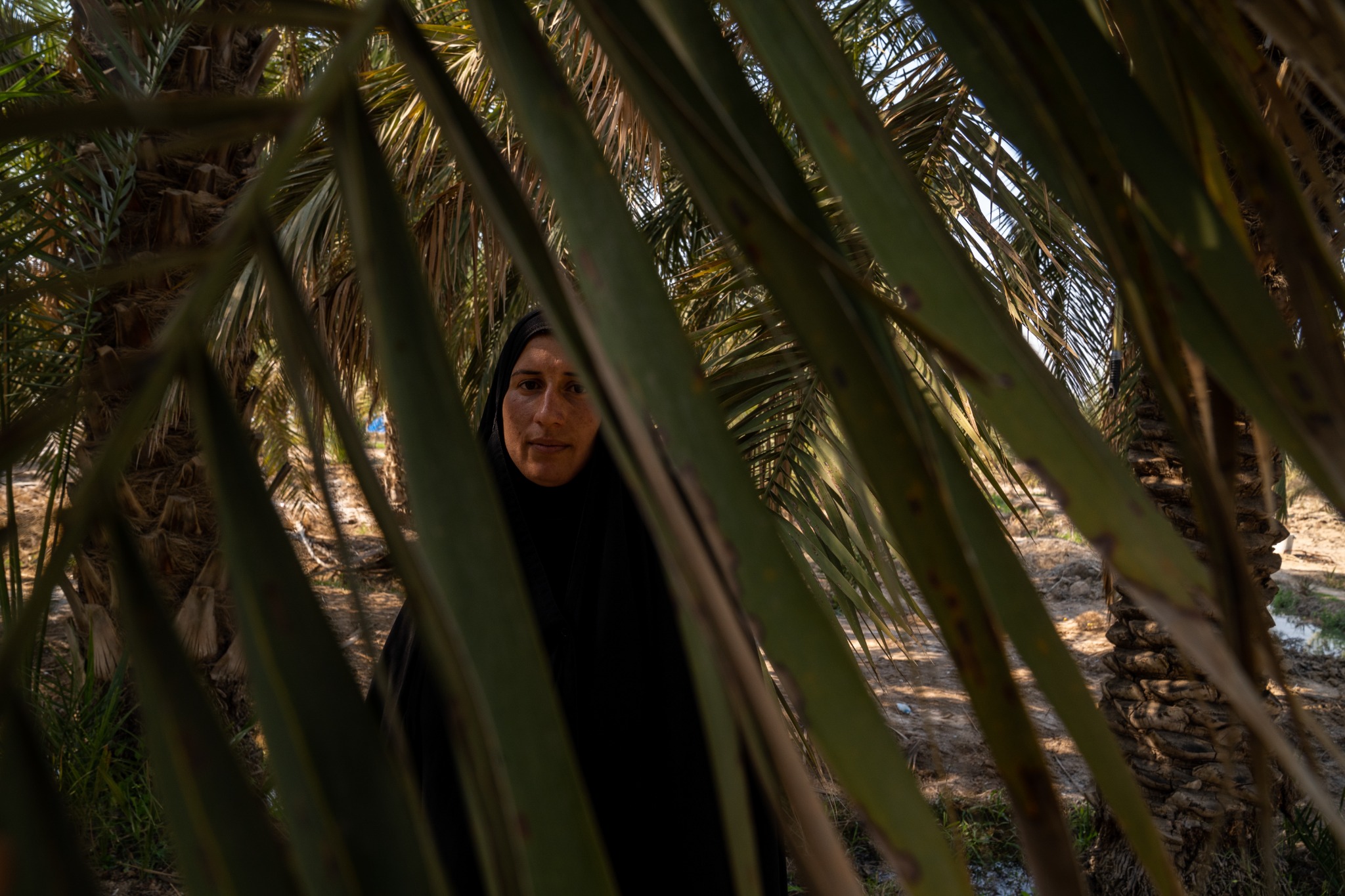
© Meethak Al Khatib for Action Against Hunger
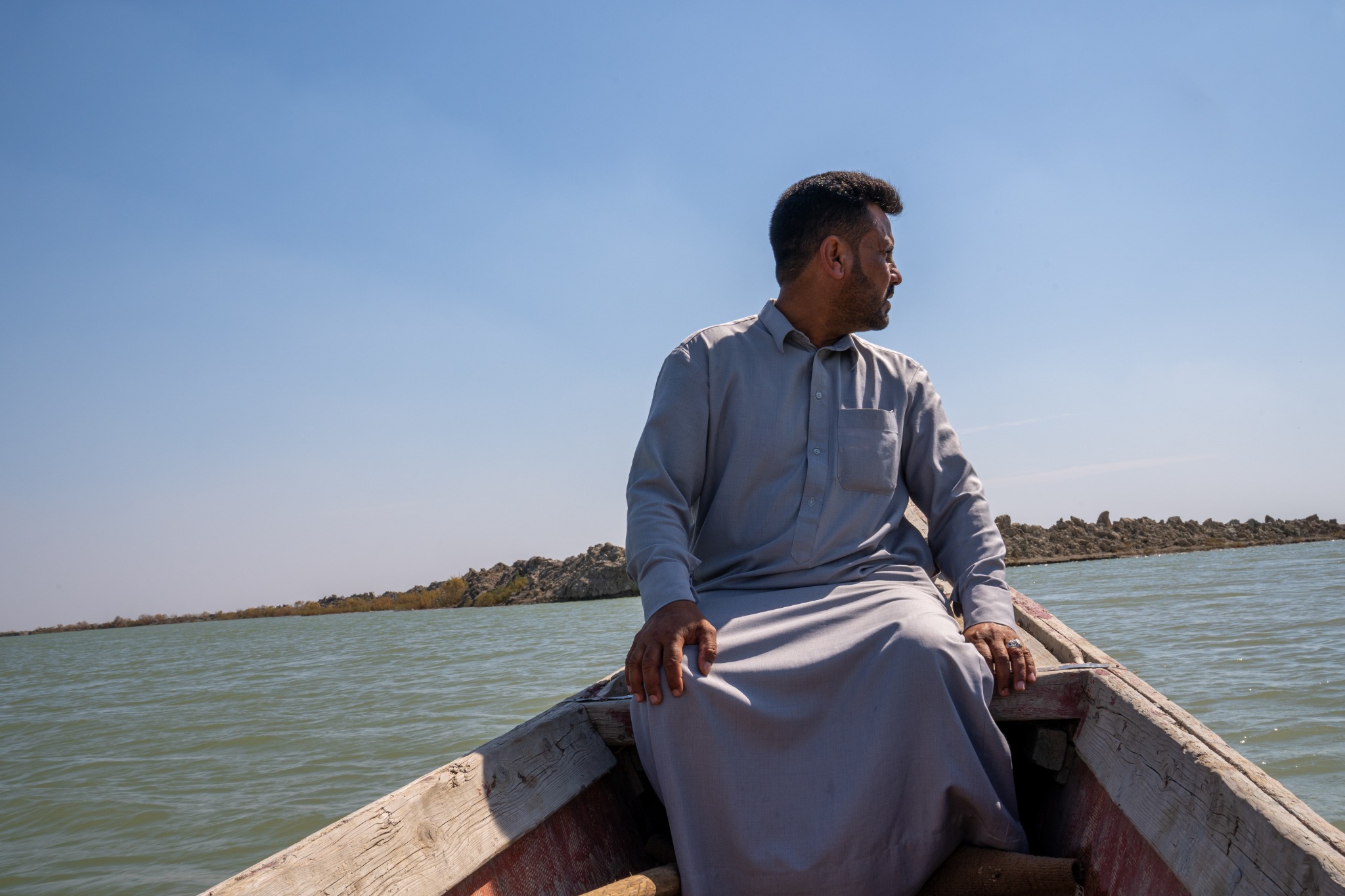
© Meethak Al Khatib for Action Against Hunger
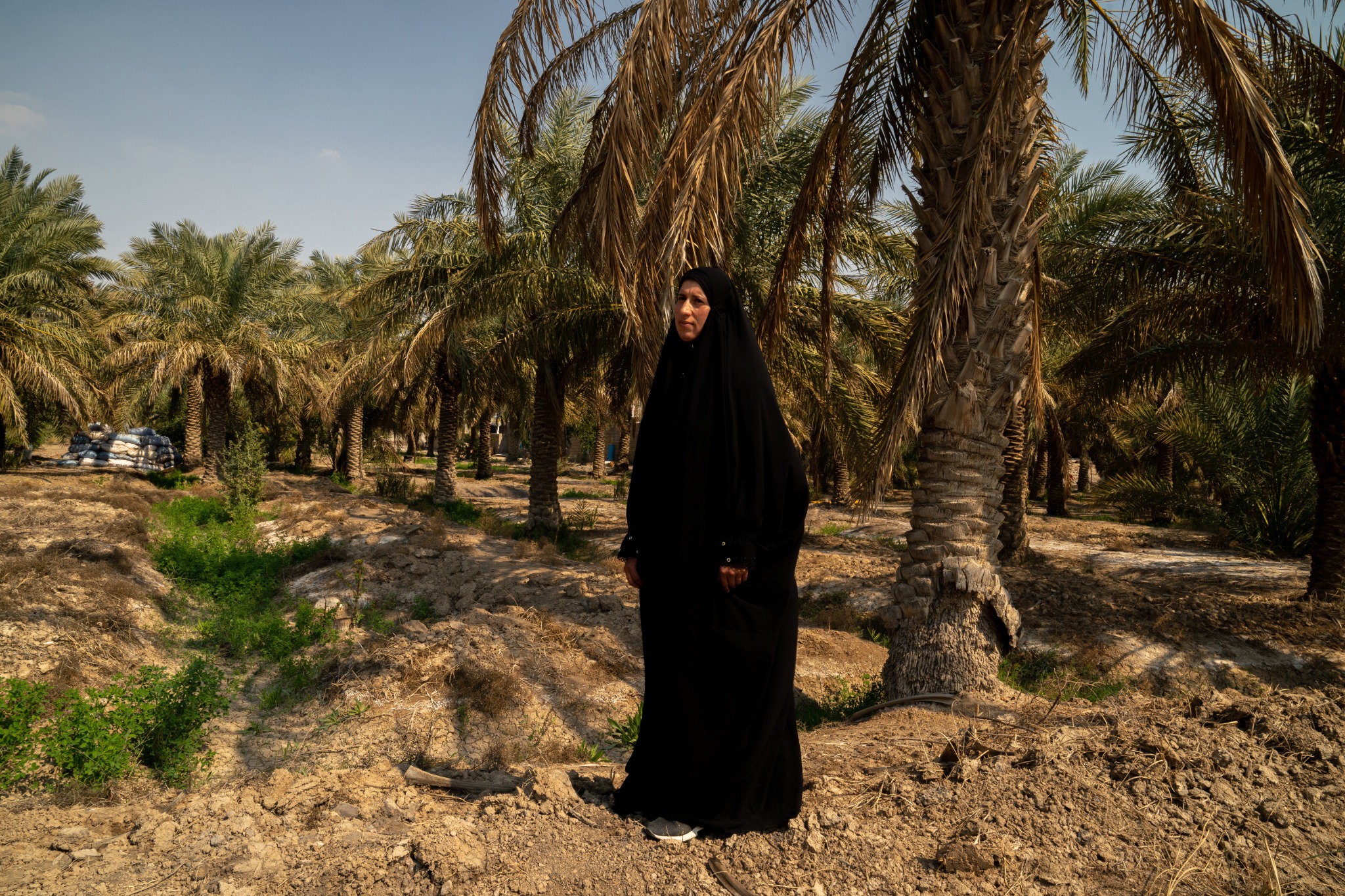
Ouma Ali: "“Since I was nine years old, I started working in agriculture with my family. I feel that this land is like one of my children. I feel that it is a part of me.”
© Meethak Al Khatib for Action Against Hunger
Playground Gray Photo Project
Hundreds of Syrian refugees have been living through a difficult time as a result of the ongoing conflict in their country that started in 2011.
Families settled in many parts of the world. Some ended up in a small refugee camp west of Erbil. They moved there with their kids when they were as young as 3 or 4 years old.
Is there a future for them? Many have grown up in the camp, building their memories of playing and discovering the world around them only by the small window of perspective that the camp can provide, yet far from what would be a called normal life. One of the characters in the story, 12-year-old Azad, spends most of his day looking after his father's small shop in the camp. Azad once told me that. “I don’t see myself living somewhere else besides this camp. I spent more time of my life here than in my own country."
"Playground Gray" is a photo book project.
The story follows multiple characters between the ages of 12 and 14 as they create memories during their daily routines and everyday life in Kawergosk camp.
Examples of photography work
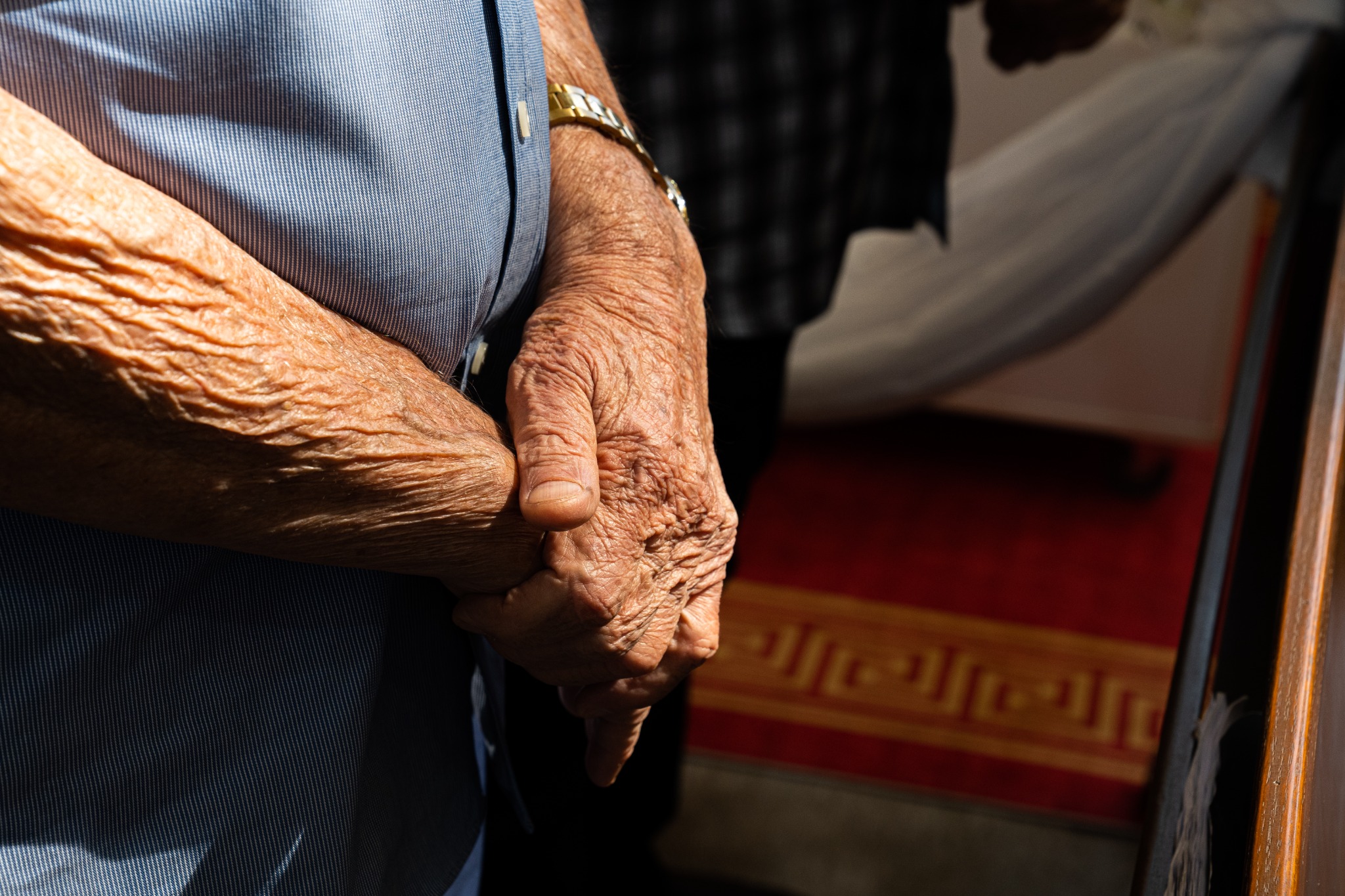
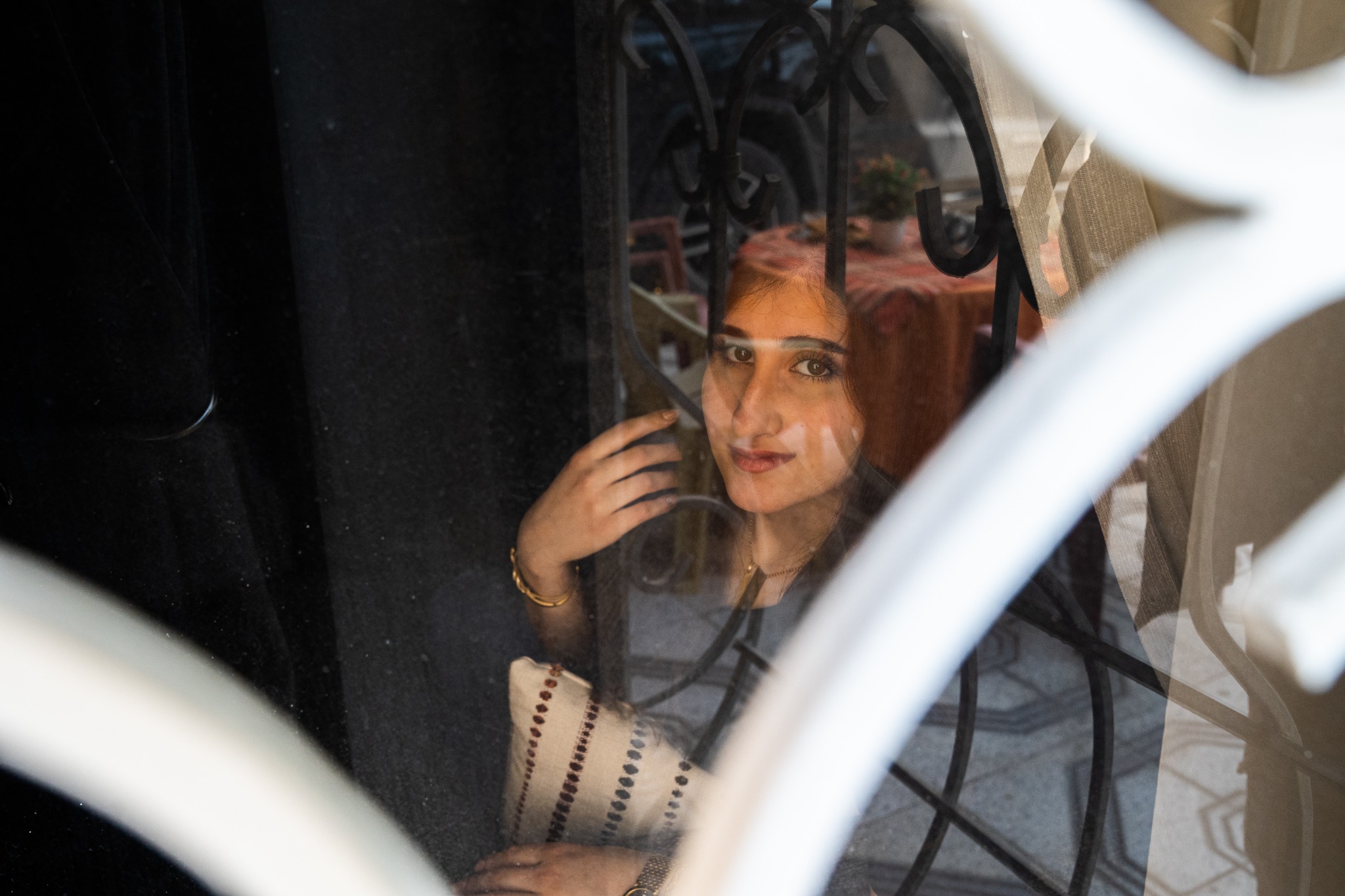
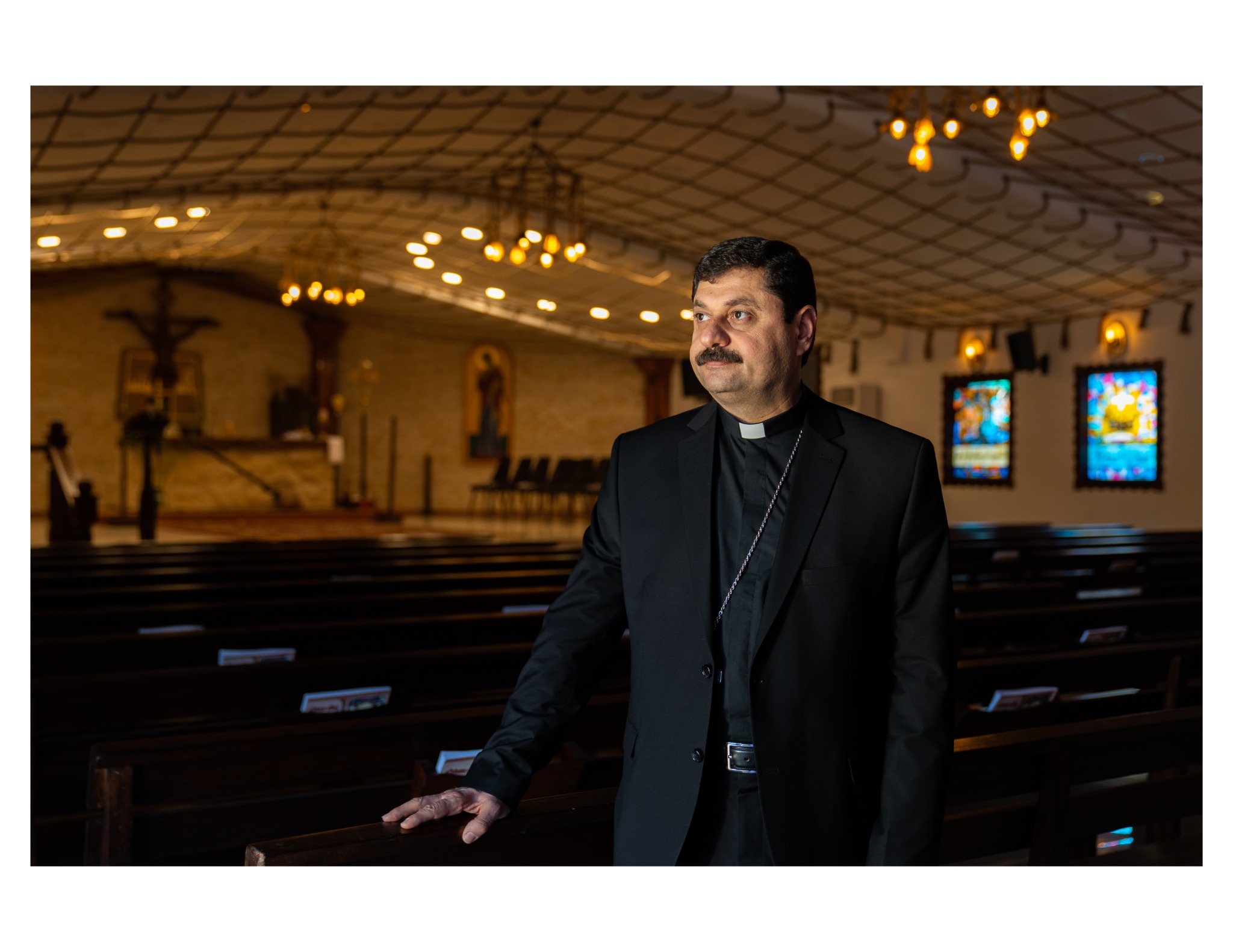
Pastor of the Syriac Catholic Churches in Mosul, Father Emanuel Kallo, held an Easter service for the Christians of Mosul on April 17, 2022. The majority of his congregation no longer live in the city, after fleeing the ISIS occupation in 2014.
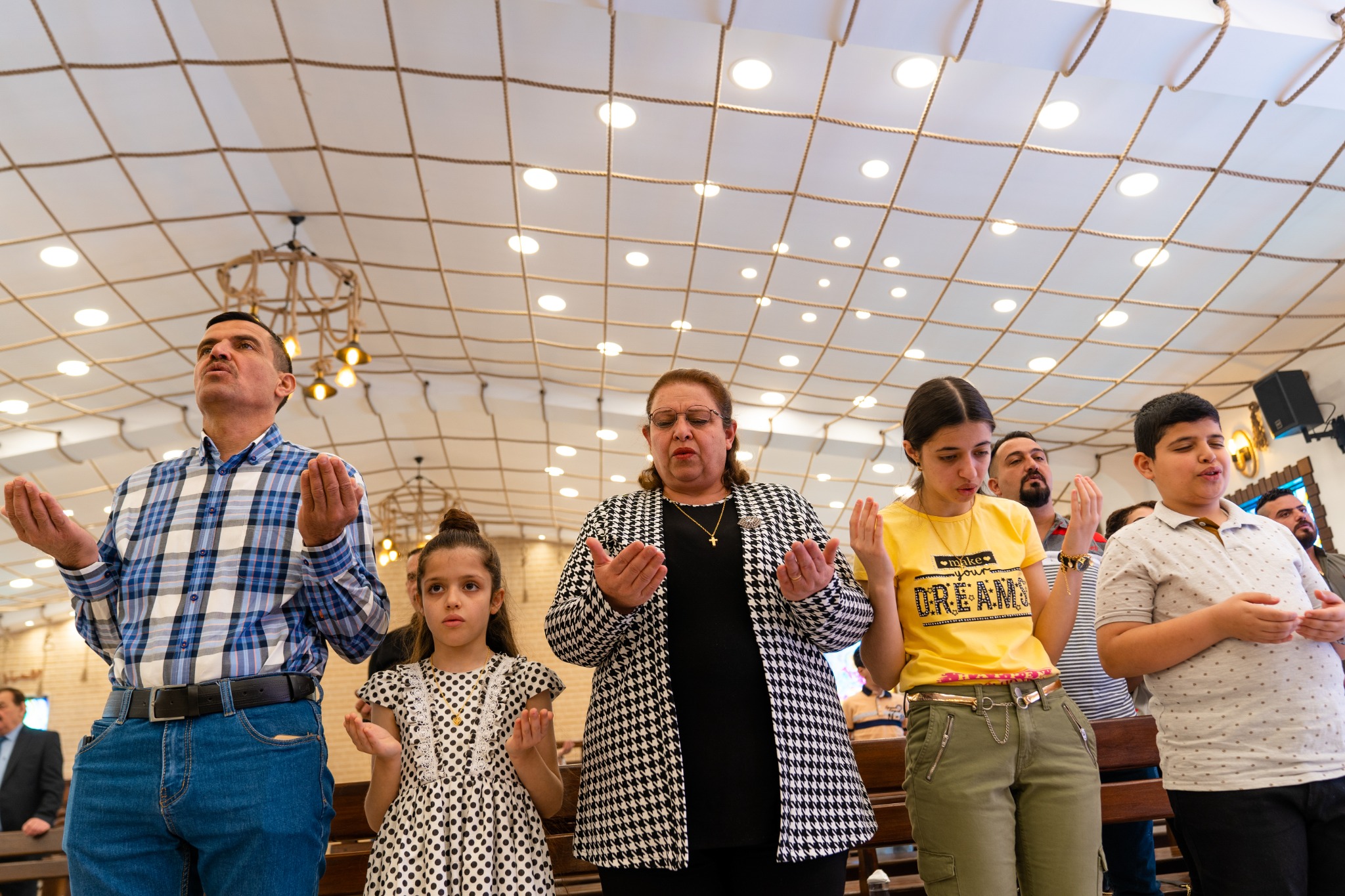
Eman Noel, 49, (the mother) originates from Mosul but was displaced in 2014 to Erbil, where she still lives. She returned to Mosul with her husband and three children for the Easter service at Al-Bishara Church on the east side of the city, one of only two functional churches and the first Church reopened in Mosul. April 17, 2022.
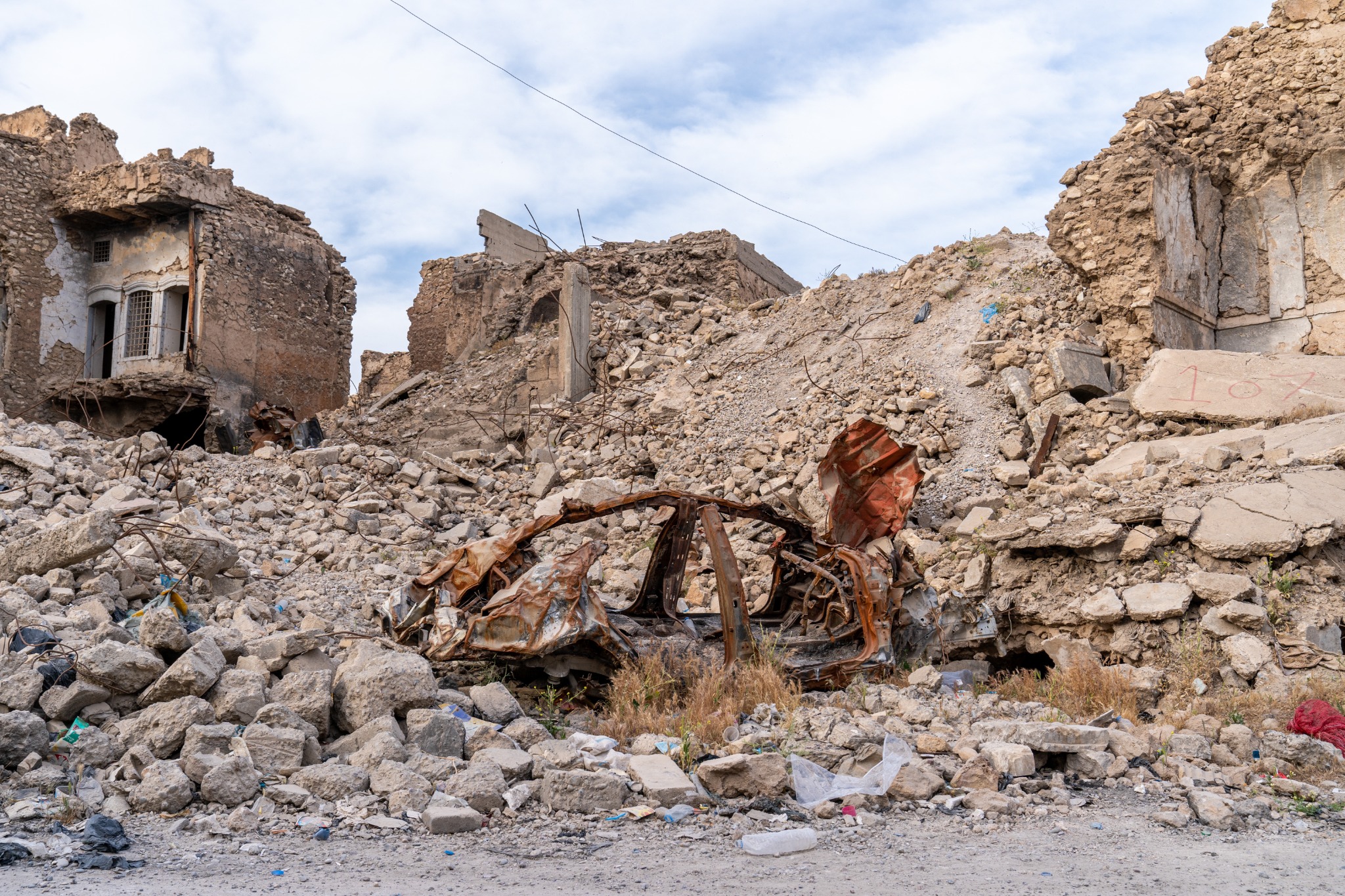
Destruction is still present in the old part of West Mosul even after more than 5 years since
the end of the war. The historical churches lie destroyed in the west of the city, along with
the ruins of hundreds of buildings. Despite many efforts by the Iraqi government and the
international community to rebuild Mosul, significant challenges remain in restoring the city
back to life. Until then, the ghost of the war remains present in the minds of Mosul's people.
Film Photography 35mm
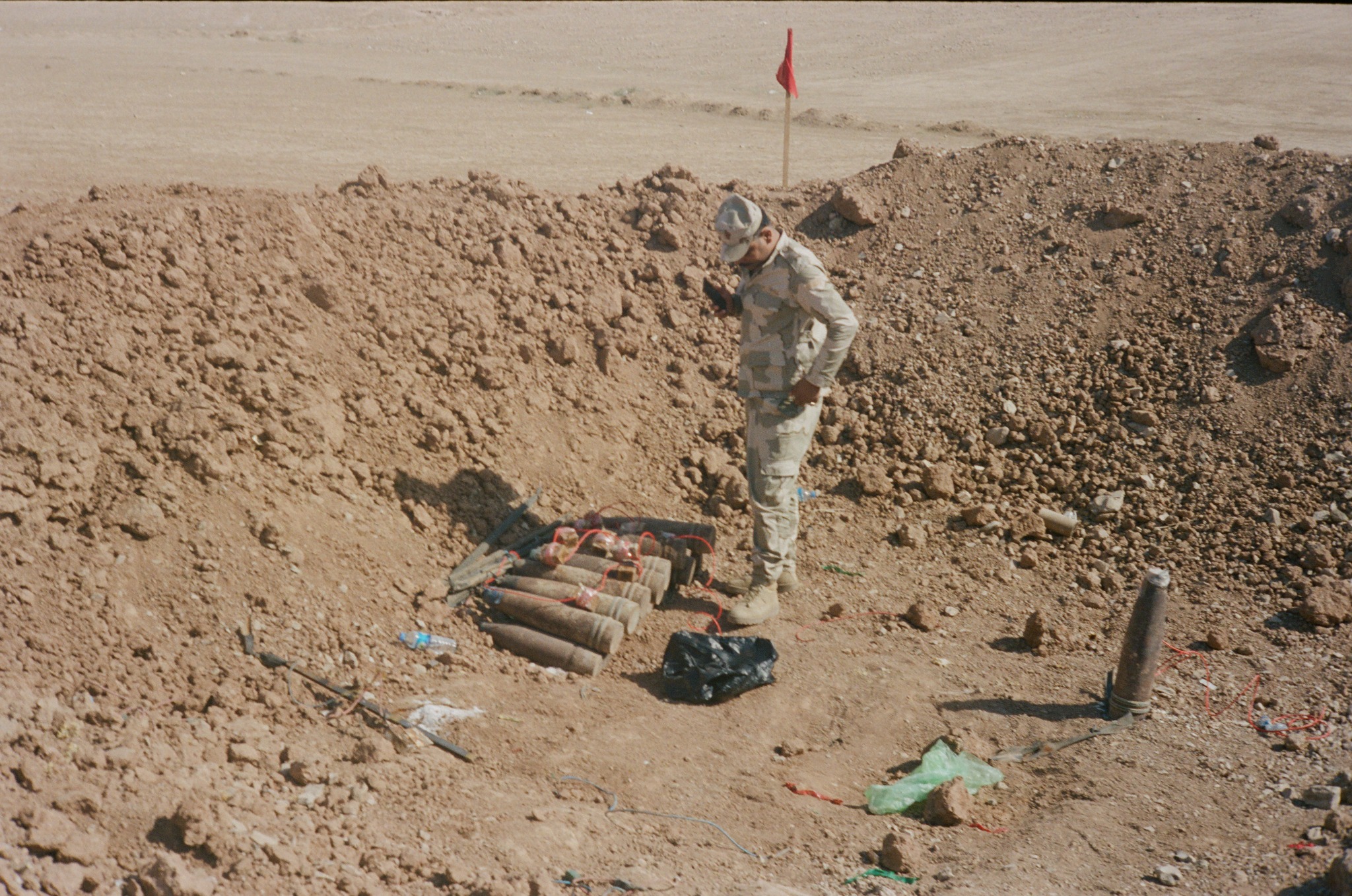
Improvised Explosive Devices (IEDs) have been a major threat in Iraq since the US-led invasion in 2003. These crudely made bombs, often made from homemade materials, have caused significant damage to both military and civilian targets. The use of IEDs by insurgency groups has resulted in numerous fatalities and injuries, as well as widespread destruction of infrastructure. The widespread use of IEDs has made it difficult for the Iraqi government to maintain stability and has also made it challenging for coalition forces to carry out operations effectively. Despite the efforts of Iraqi security forces and international military personnel to counter the threat, IEDs remain a prevalent weapon in the ongoing conflict in Iraq, underscoring the complex security challenges faced by the country.
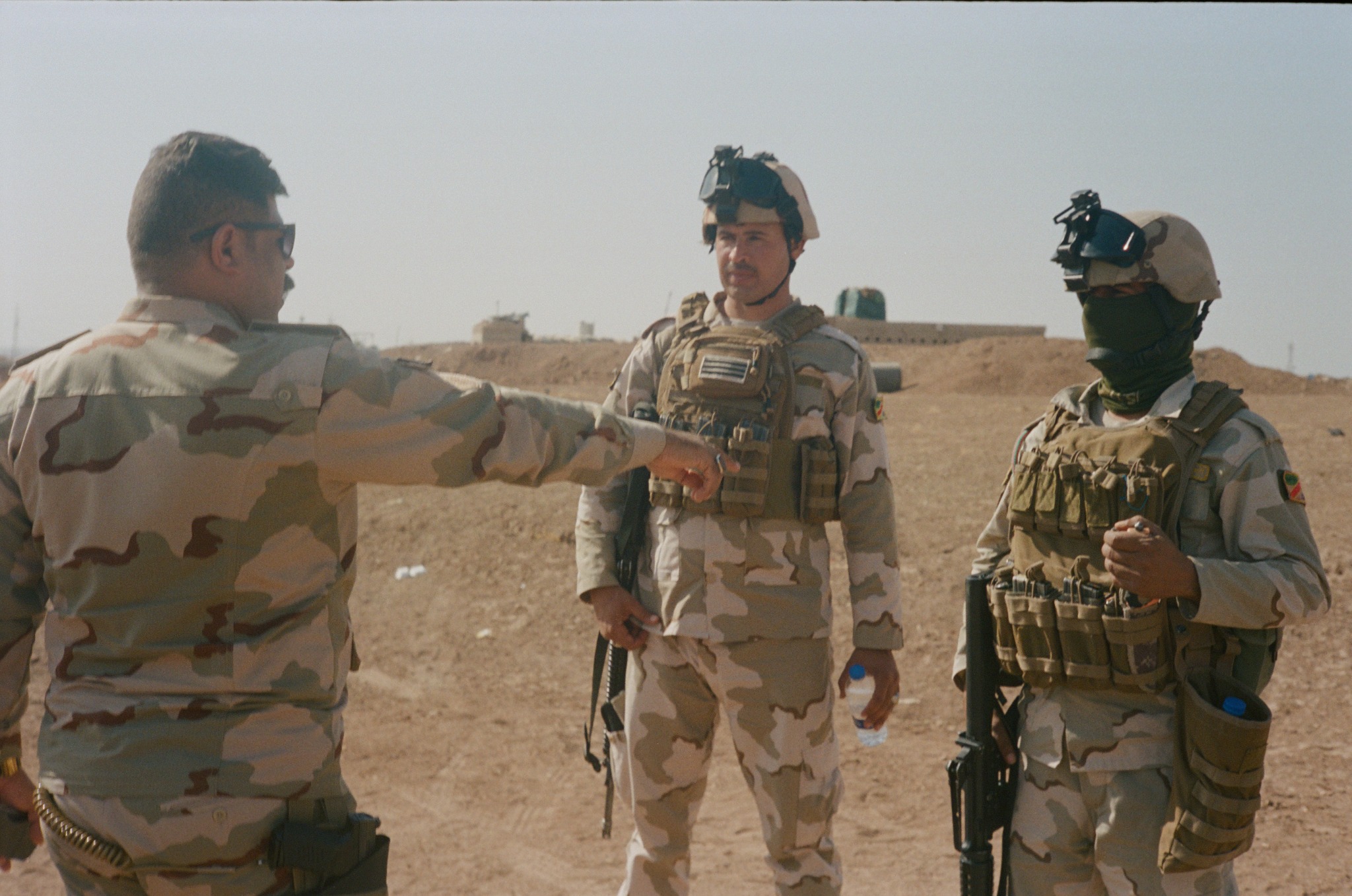
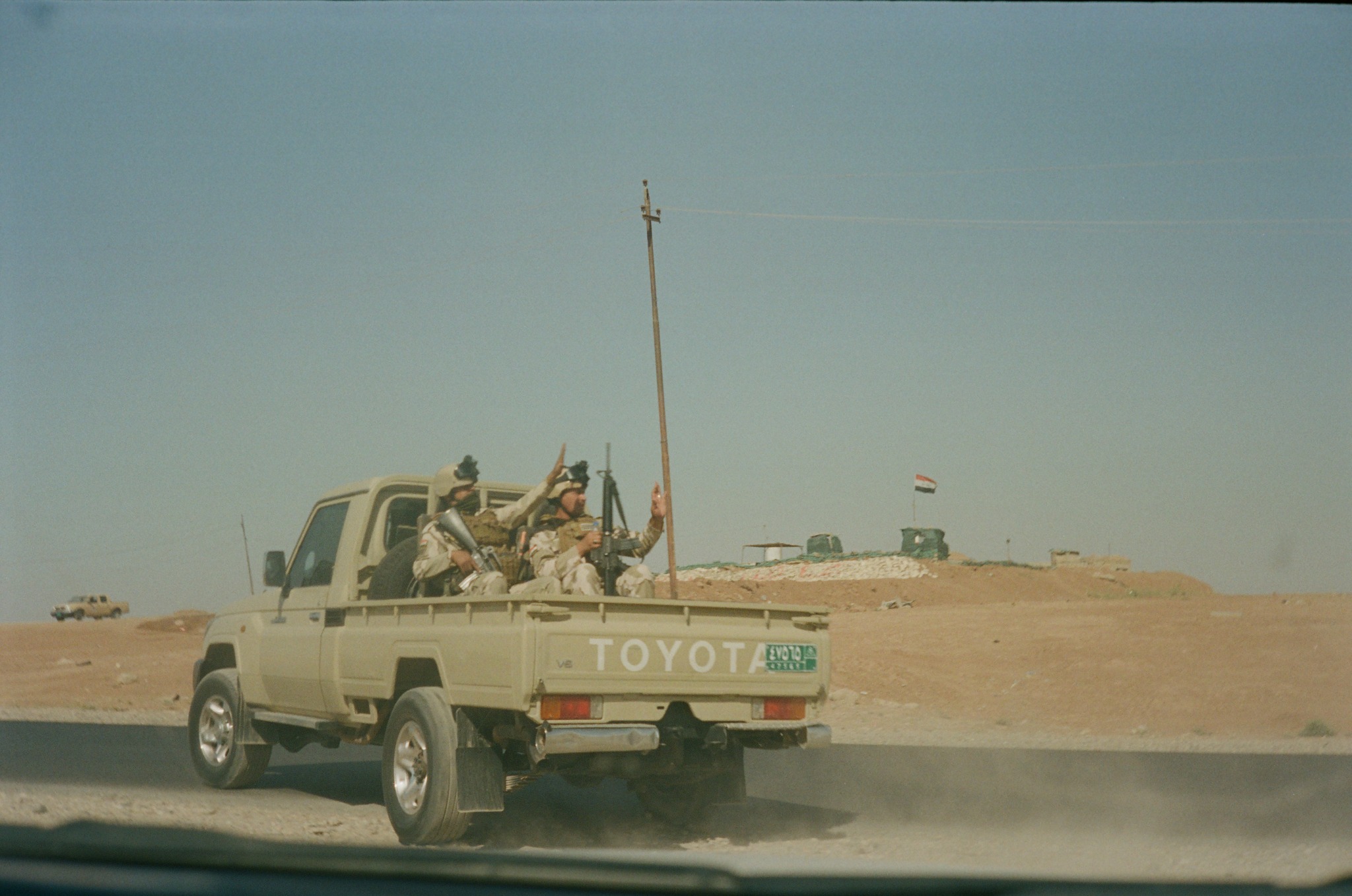
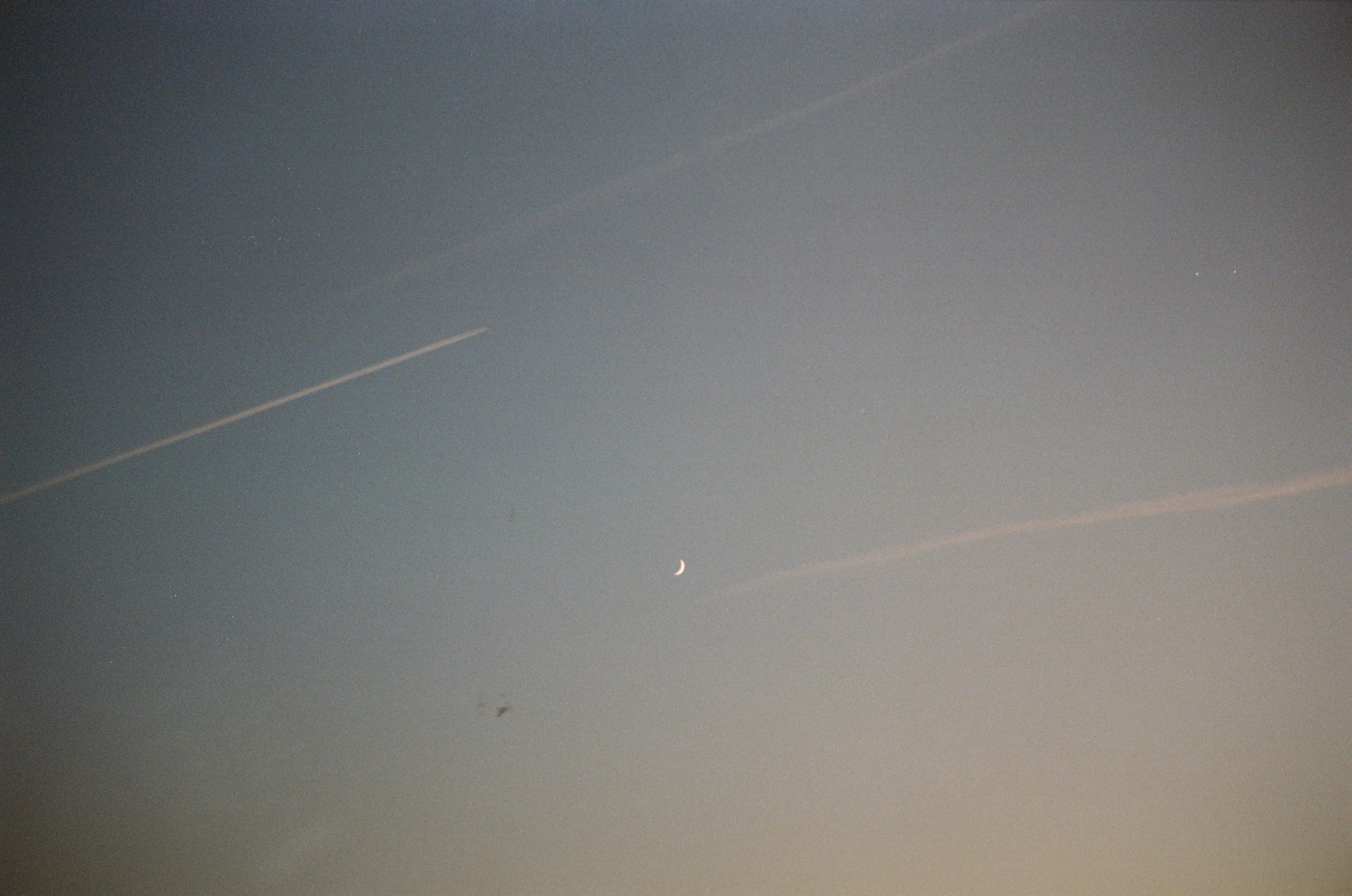
The Akitu Festival, a celebration steeped in rich history, is a yearly tradition for the Assyrian community. As one of the oldest festivals known to man, the Akitu Festival dates back millennia and has been celebrated every April. Despite the challenges posed by recent instability, a community of Assyrians and other Christians still gather to observe this important event. This year, the festivities will take place in the historic Sharqat region, where the Assyrians have chosen to hold the celebration in one of the ancient castles of the Assyrian civilization in Mesopotamia. This marks the first time in over two thousand years that the Akitu Festival will be held in the Sharqat citadel, making it a significant moment for the Assyrian community.
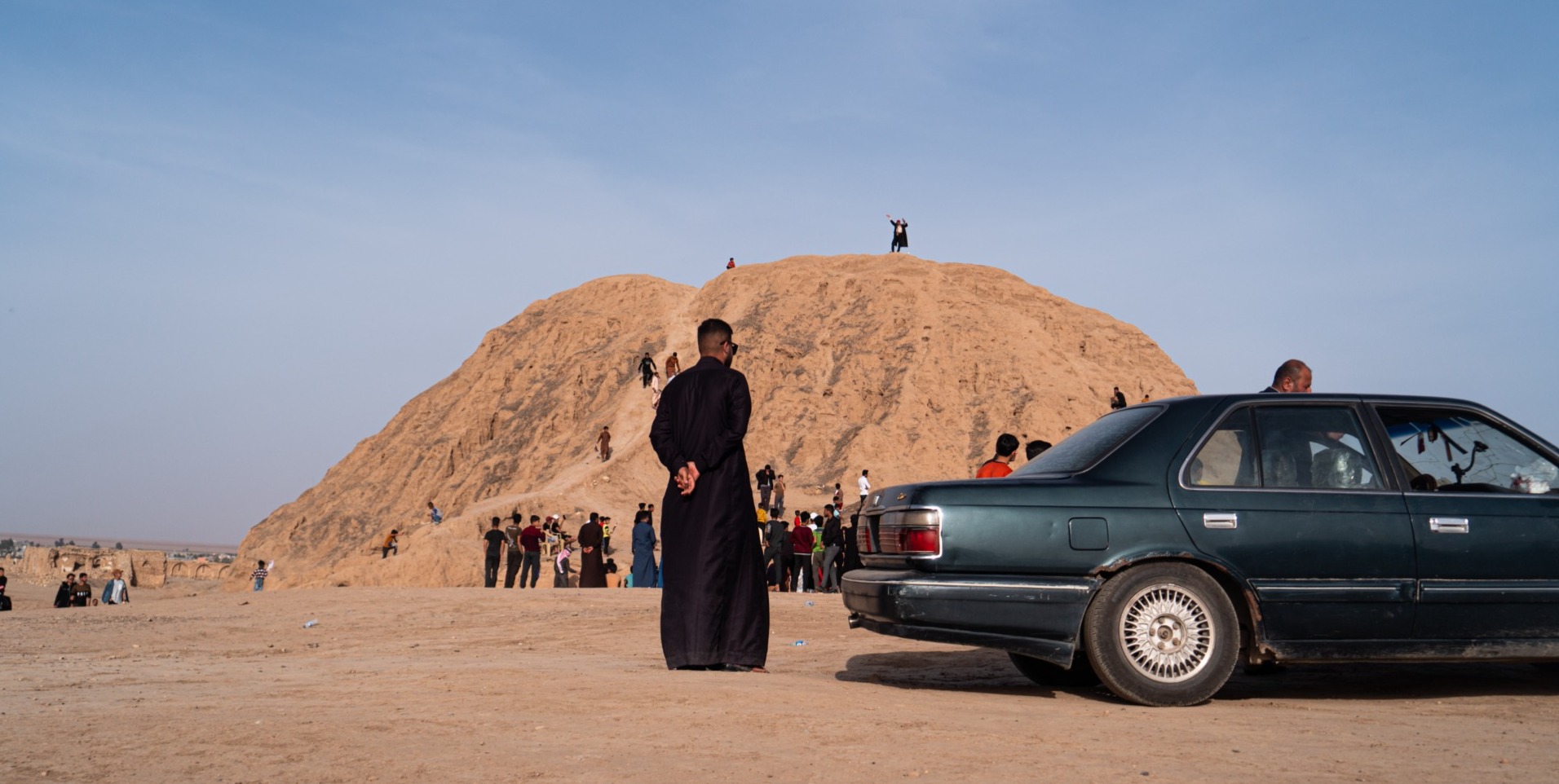
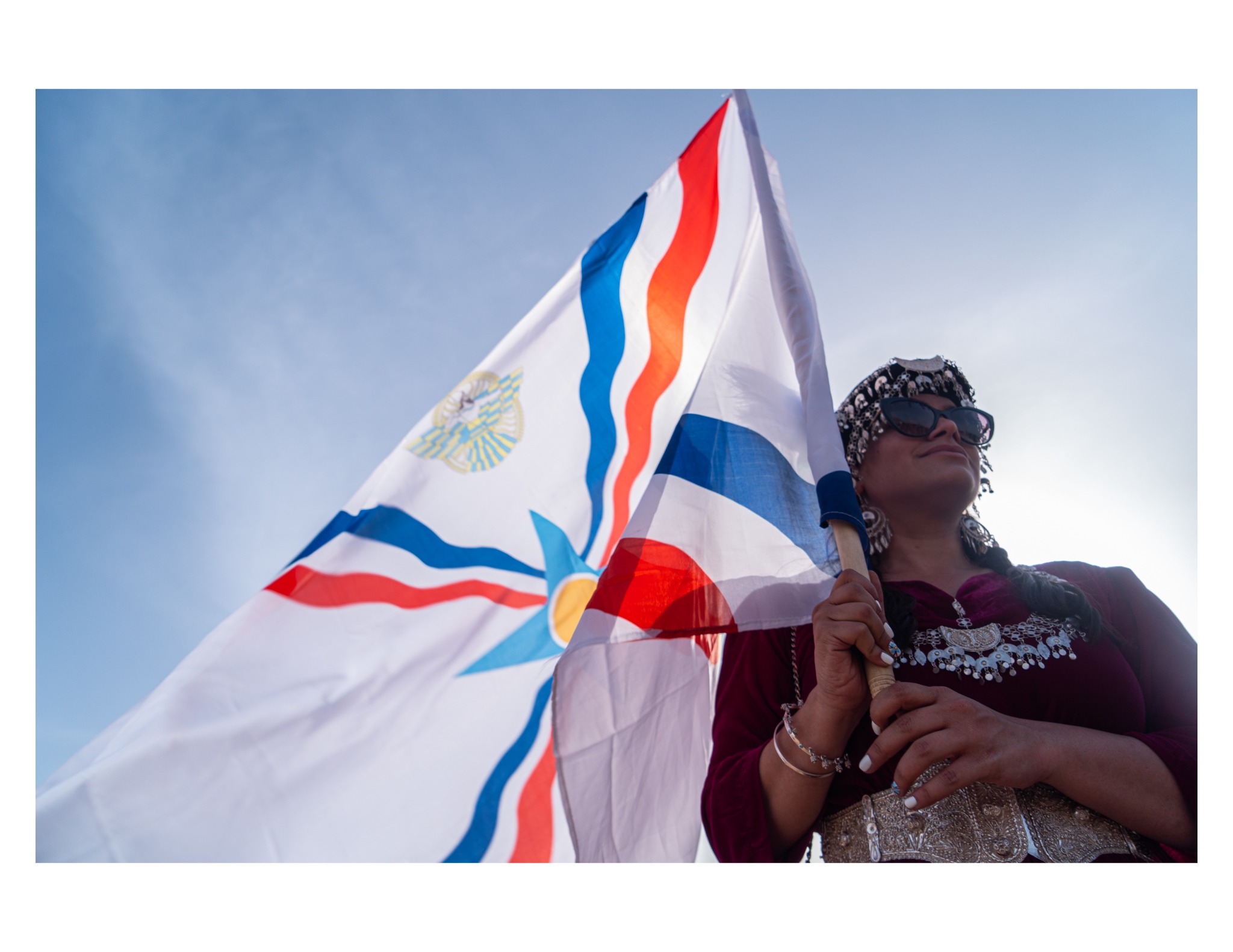
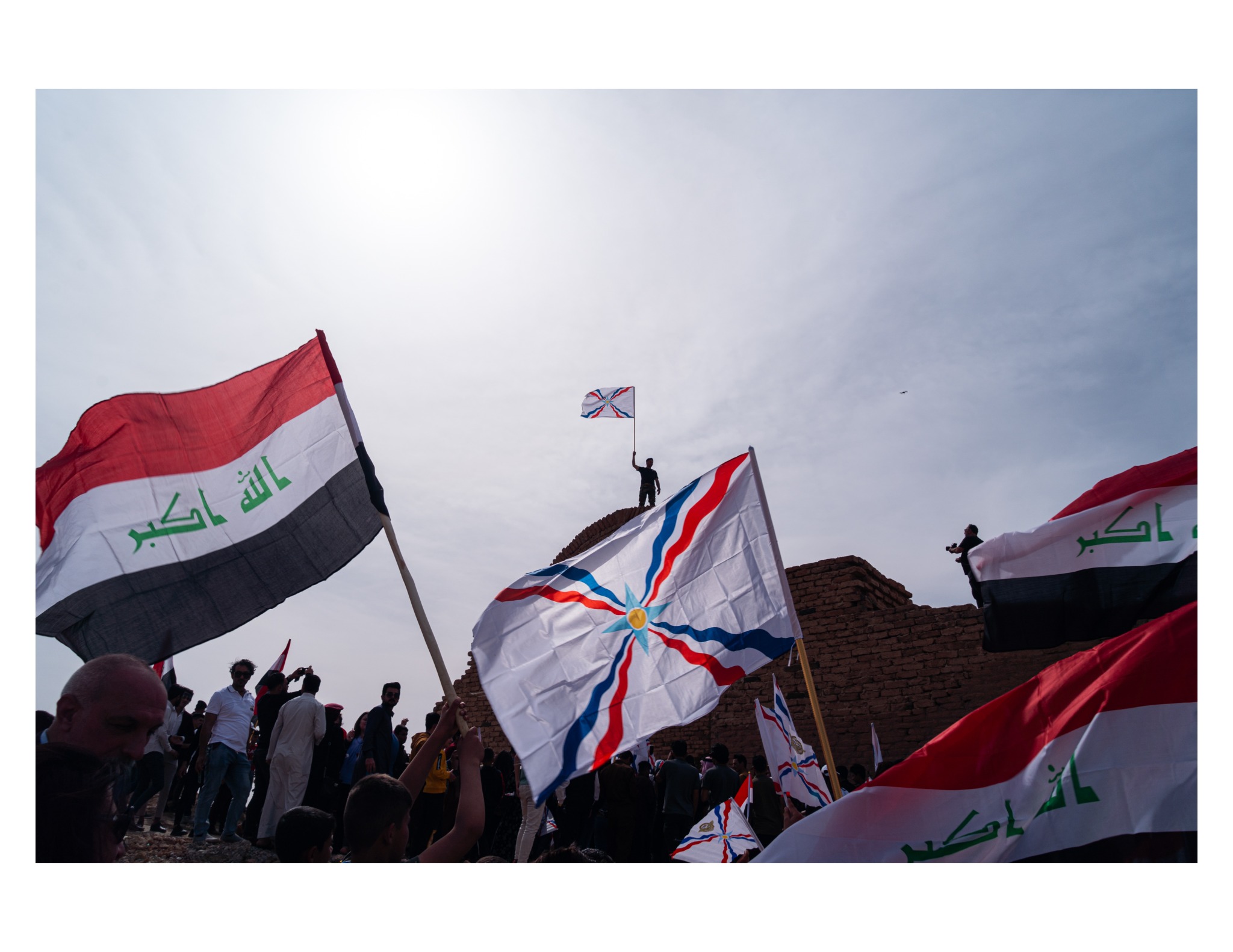
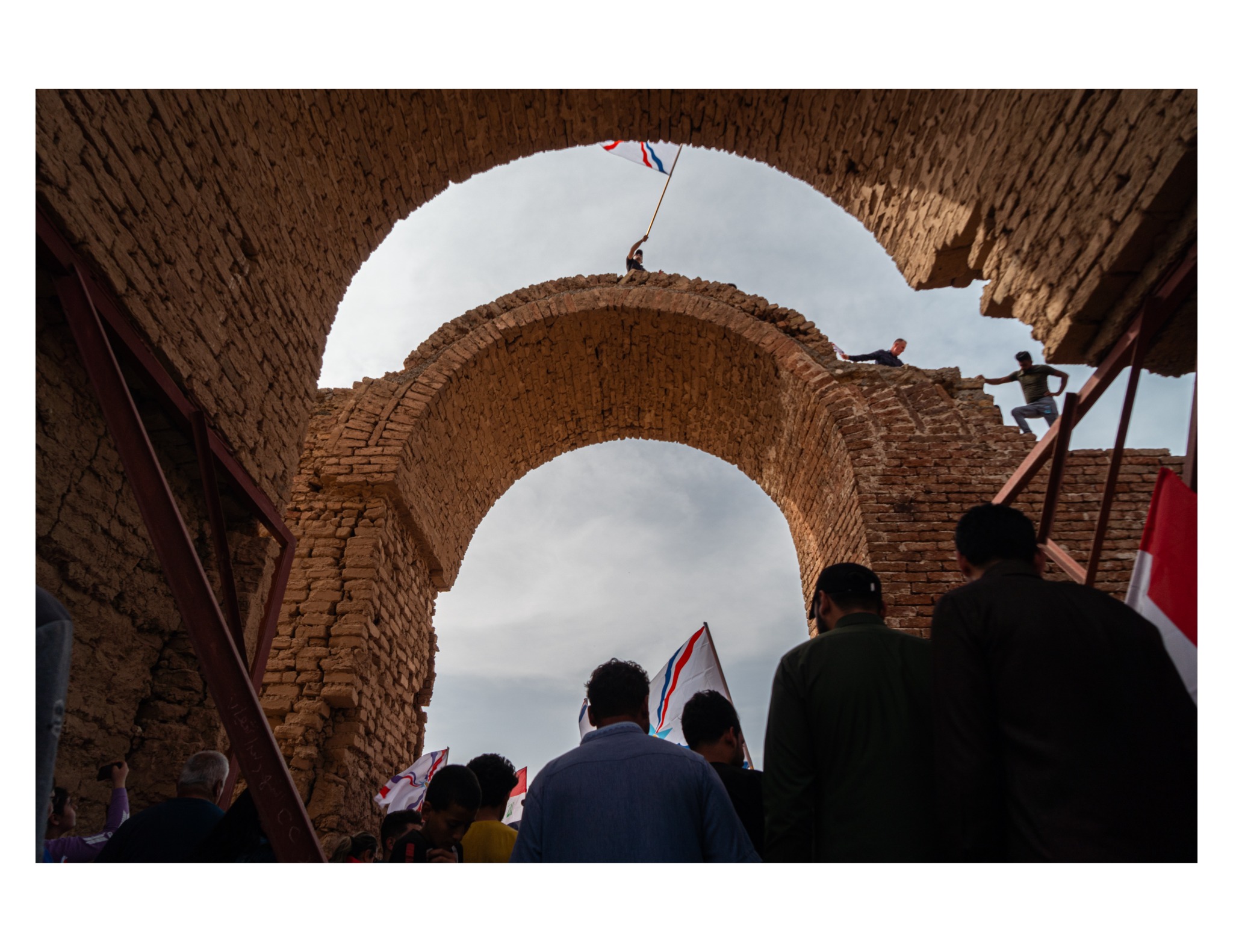
Photo samples
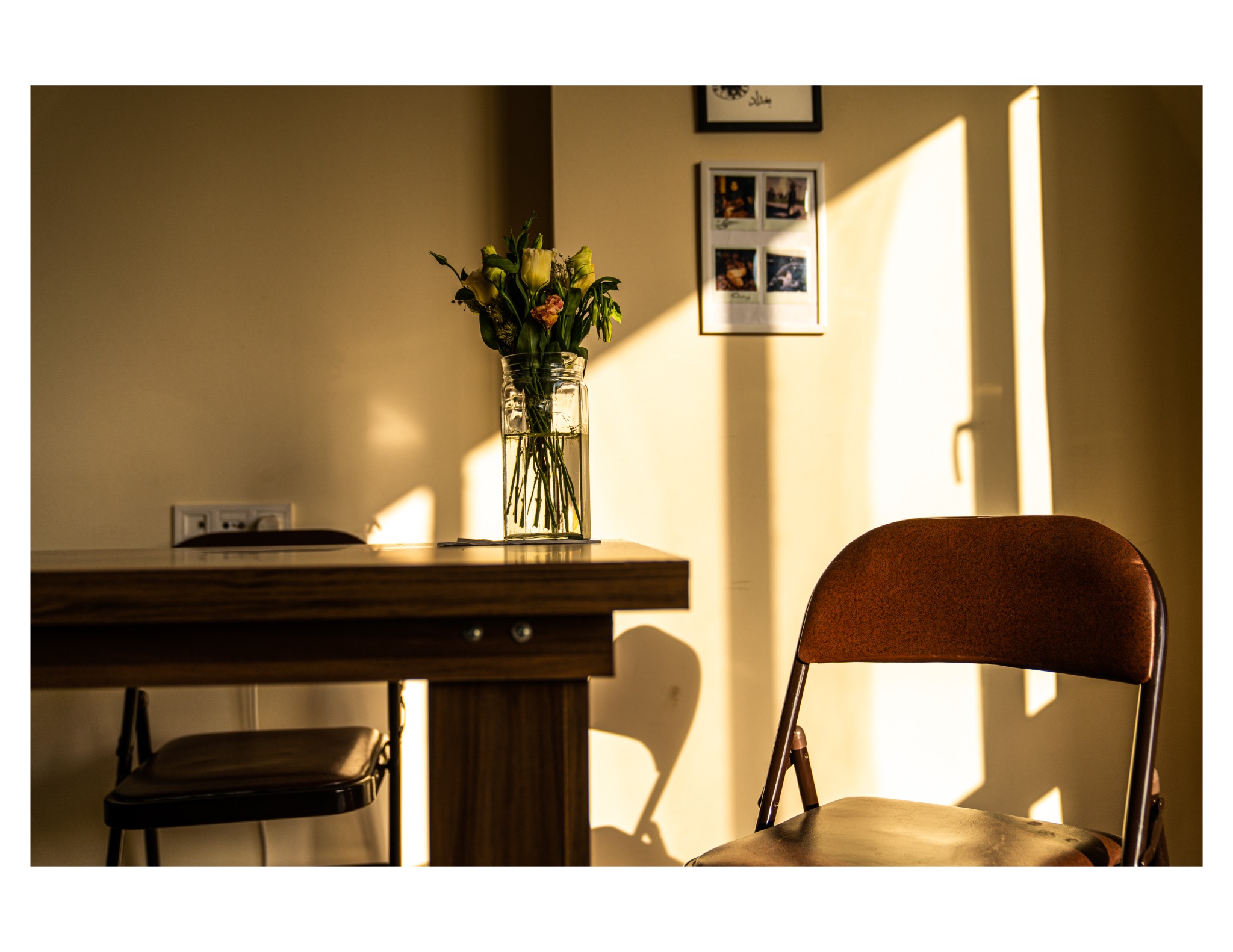
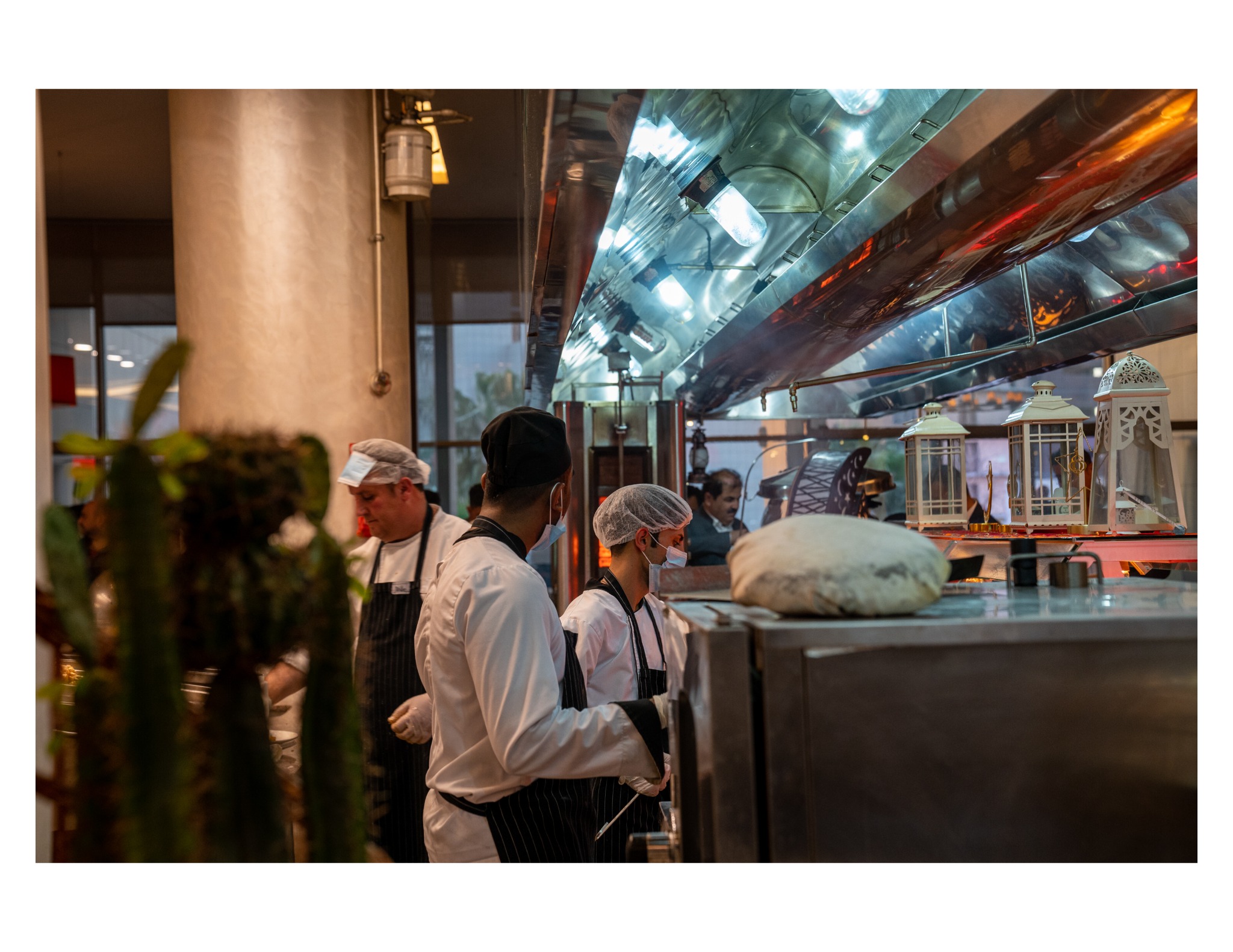
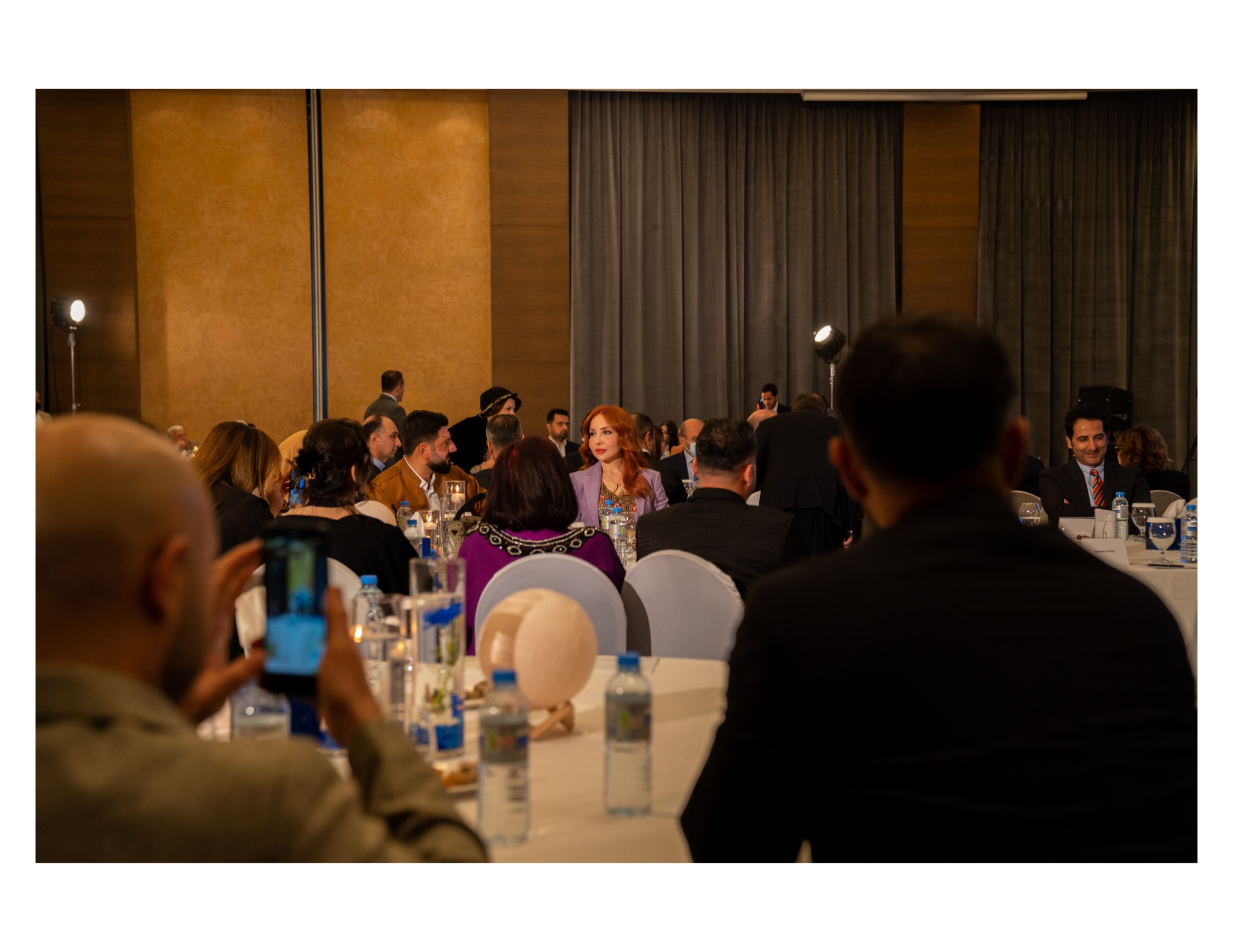
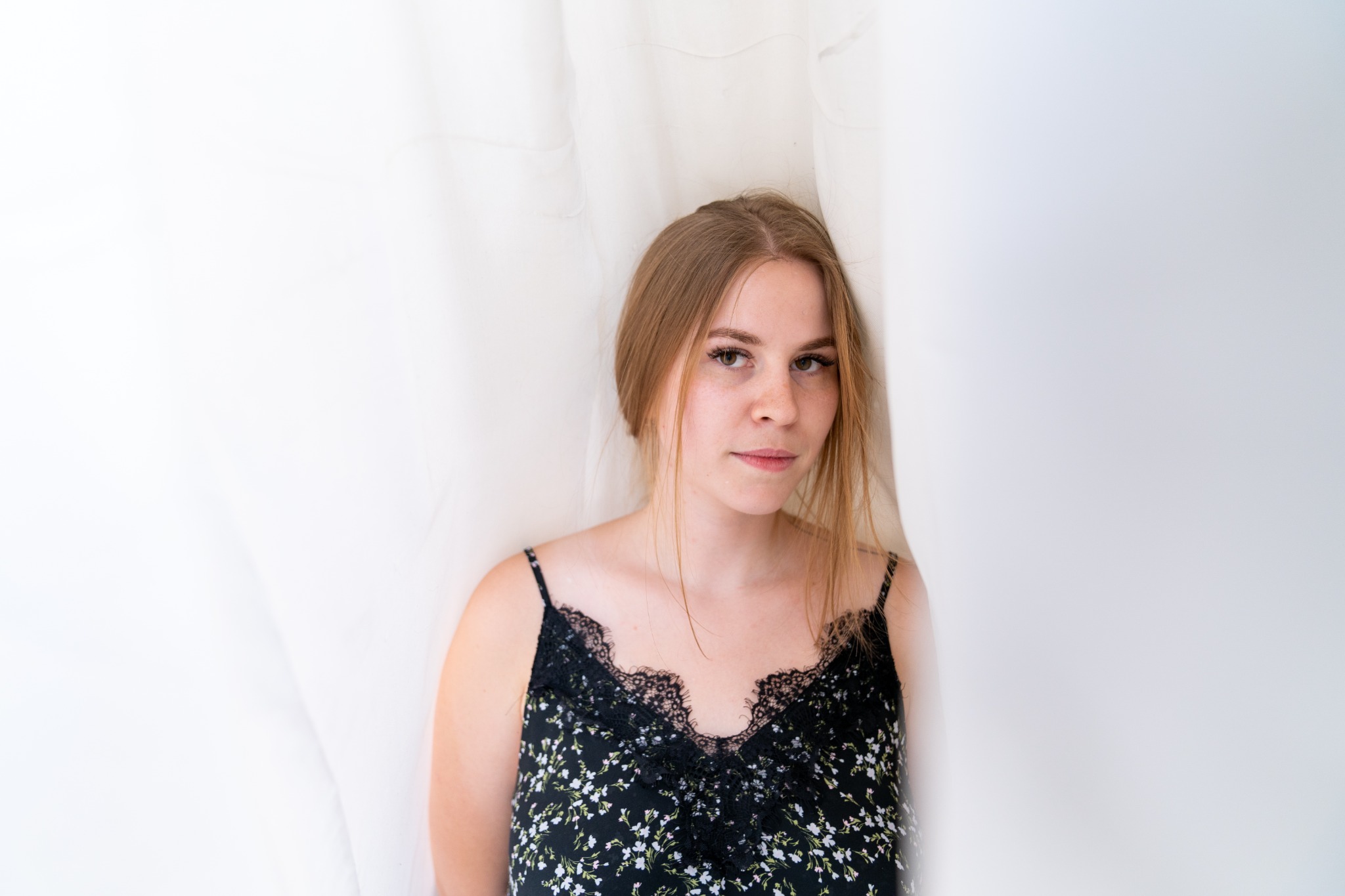
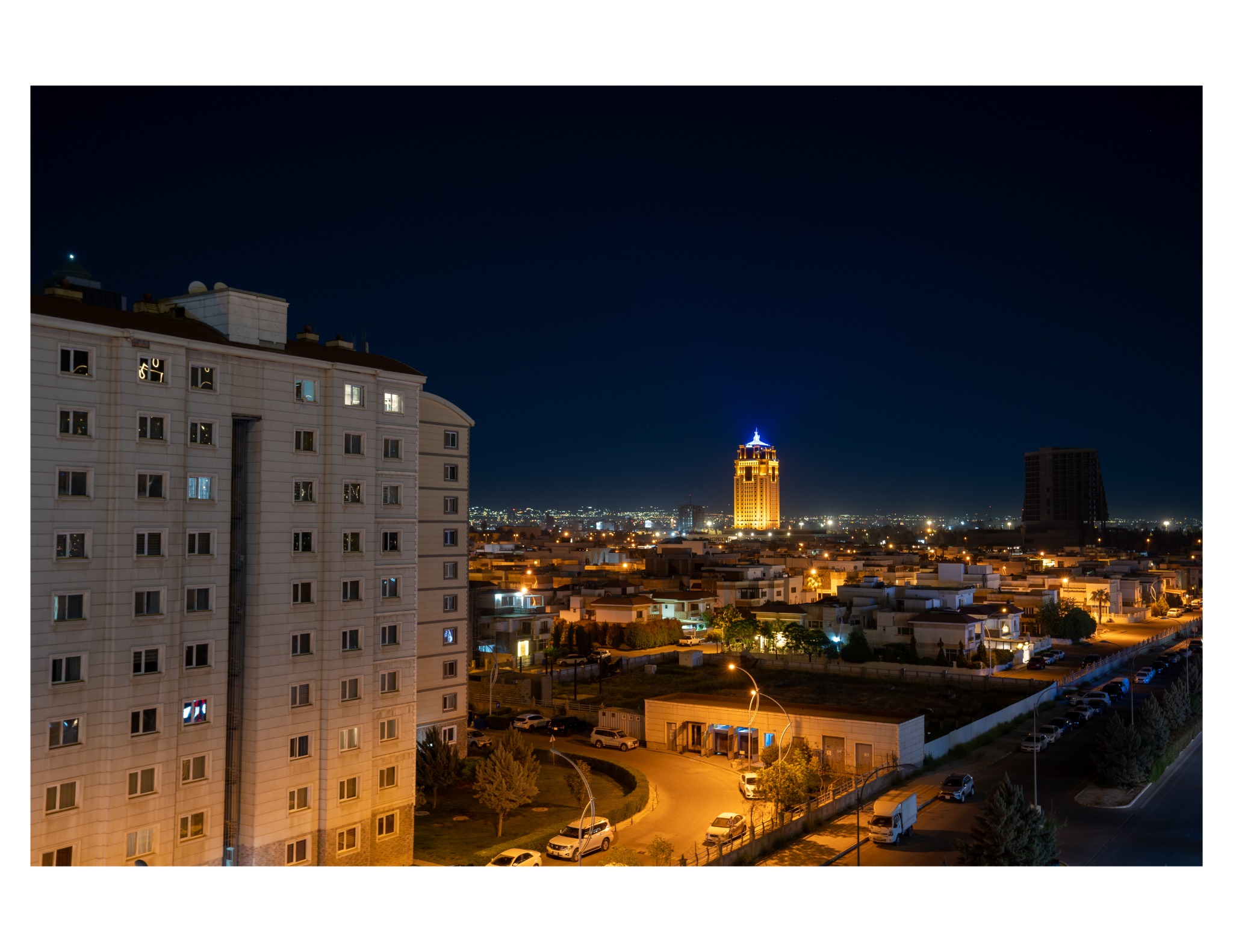
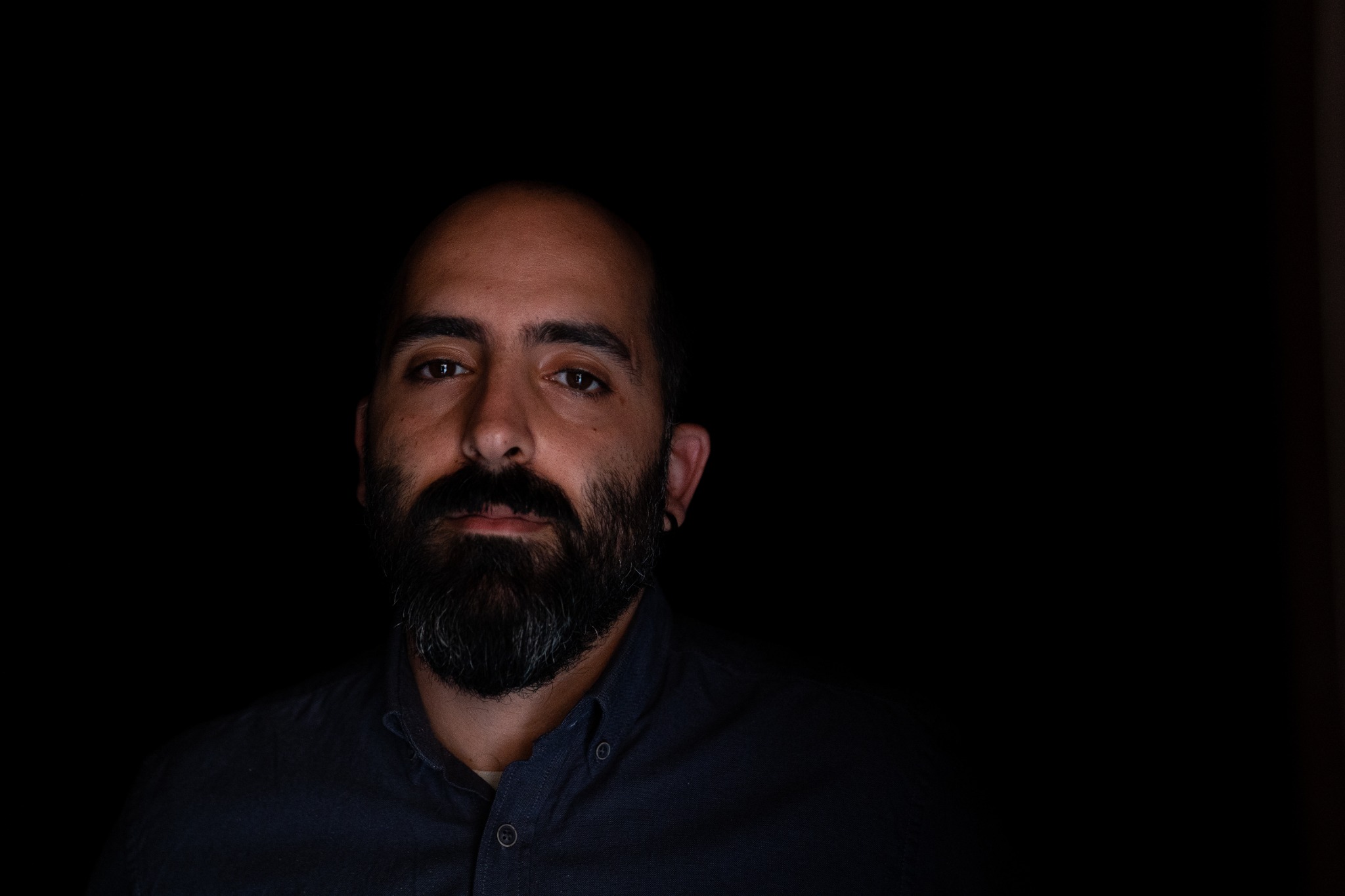
Anbar
coming soon...
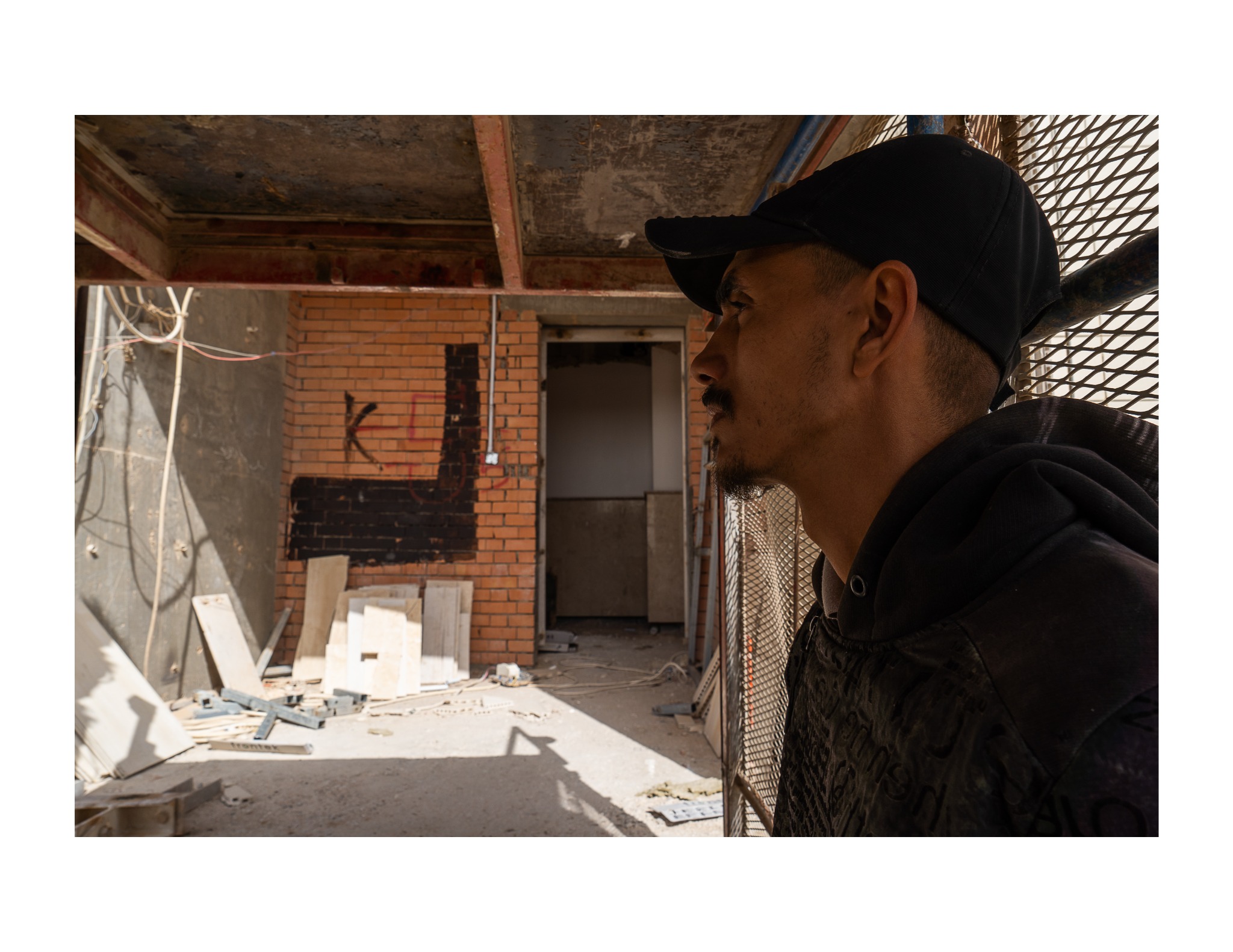
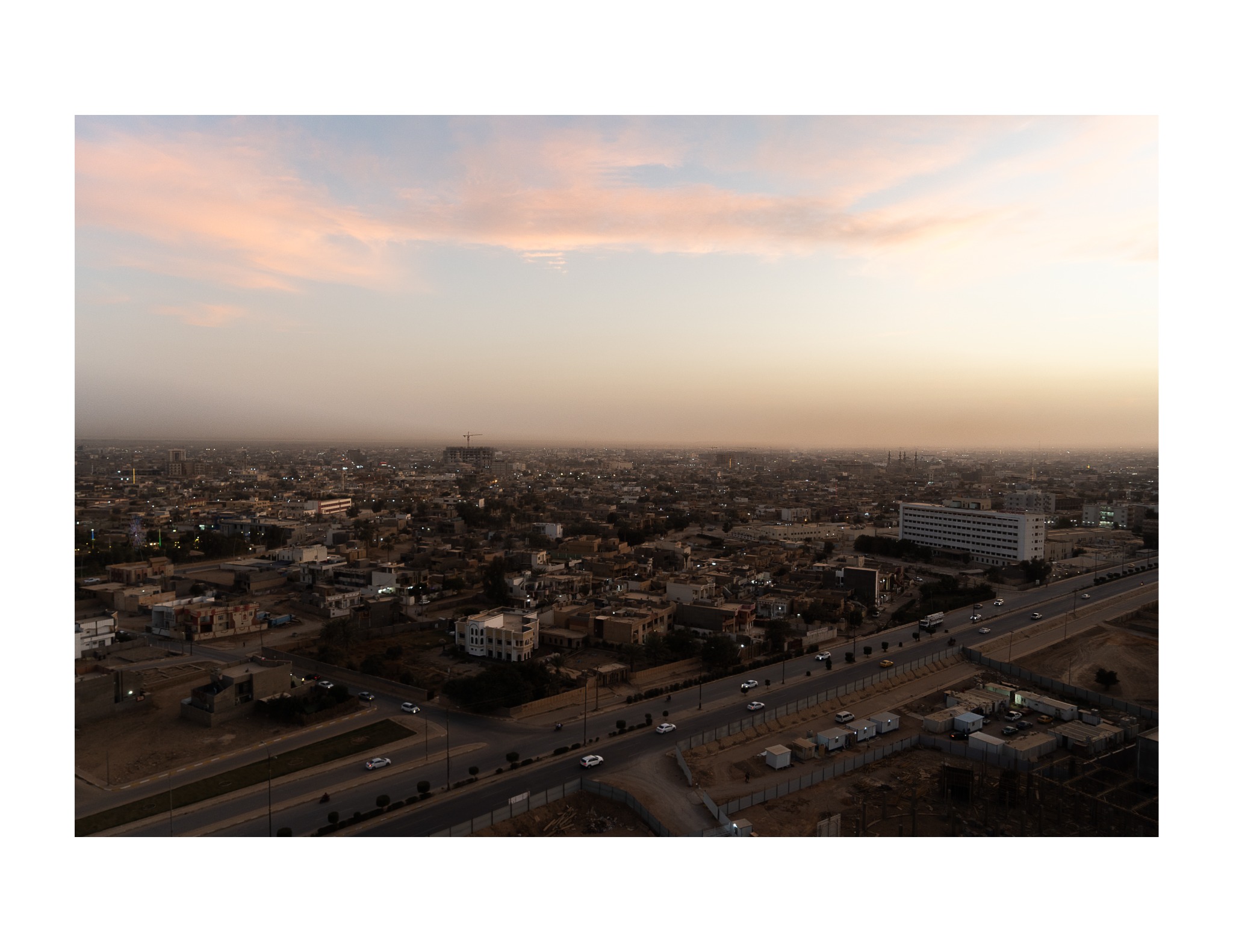
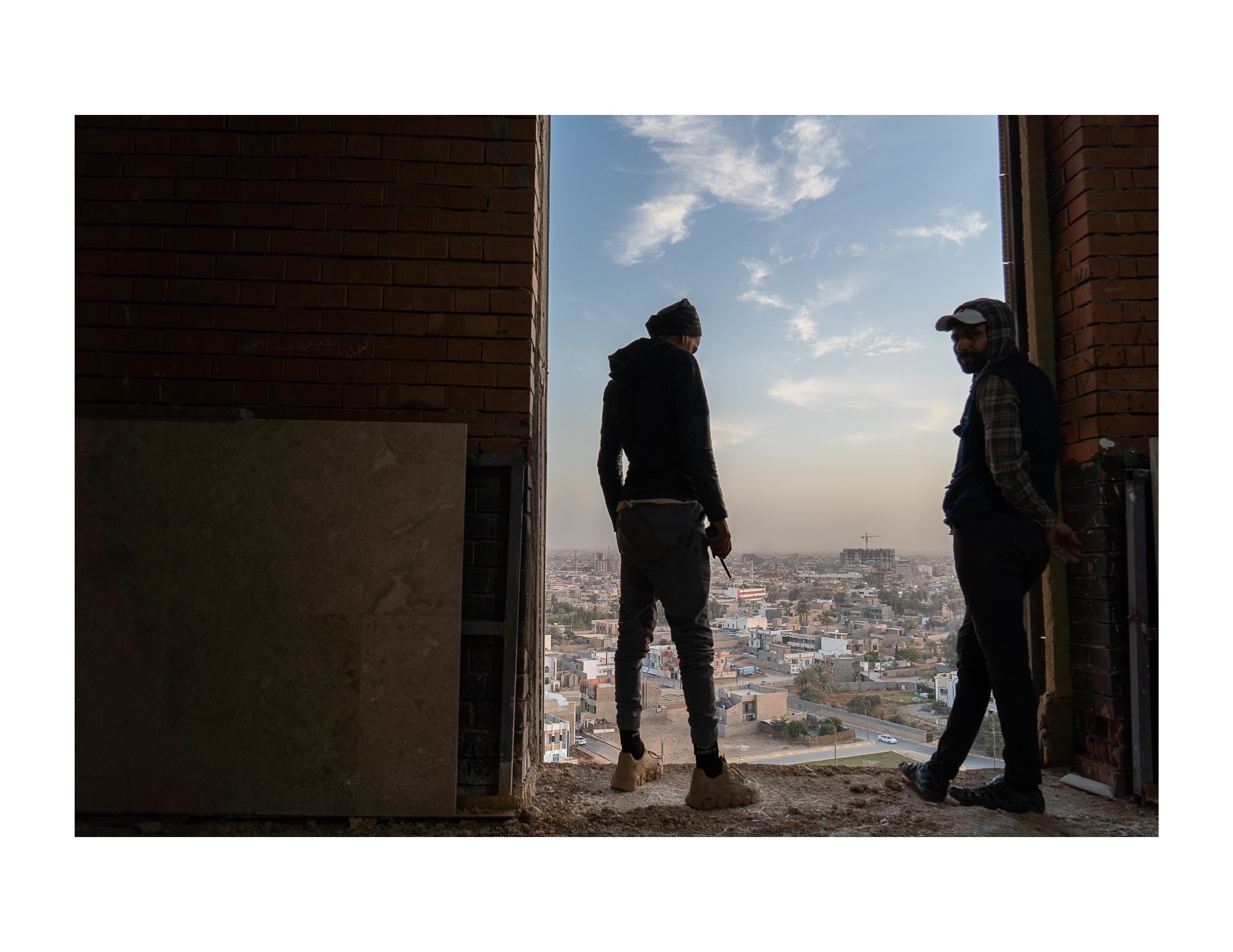
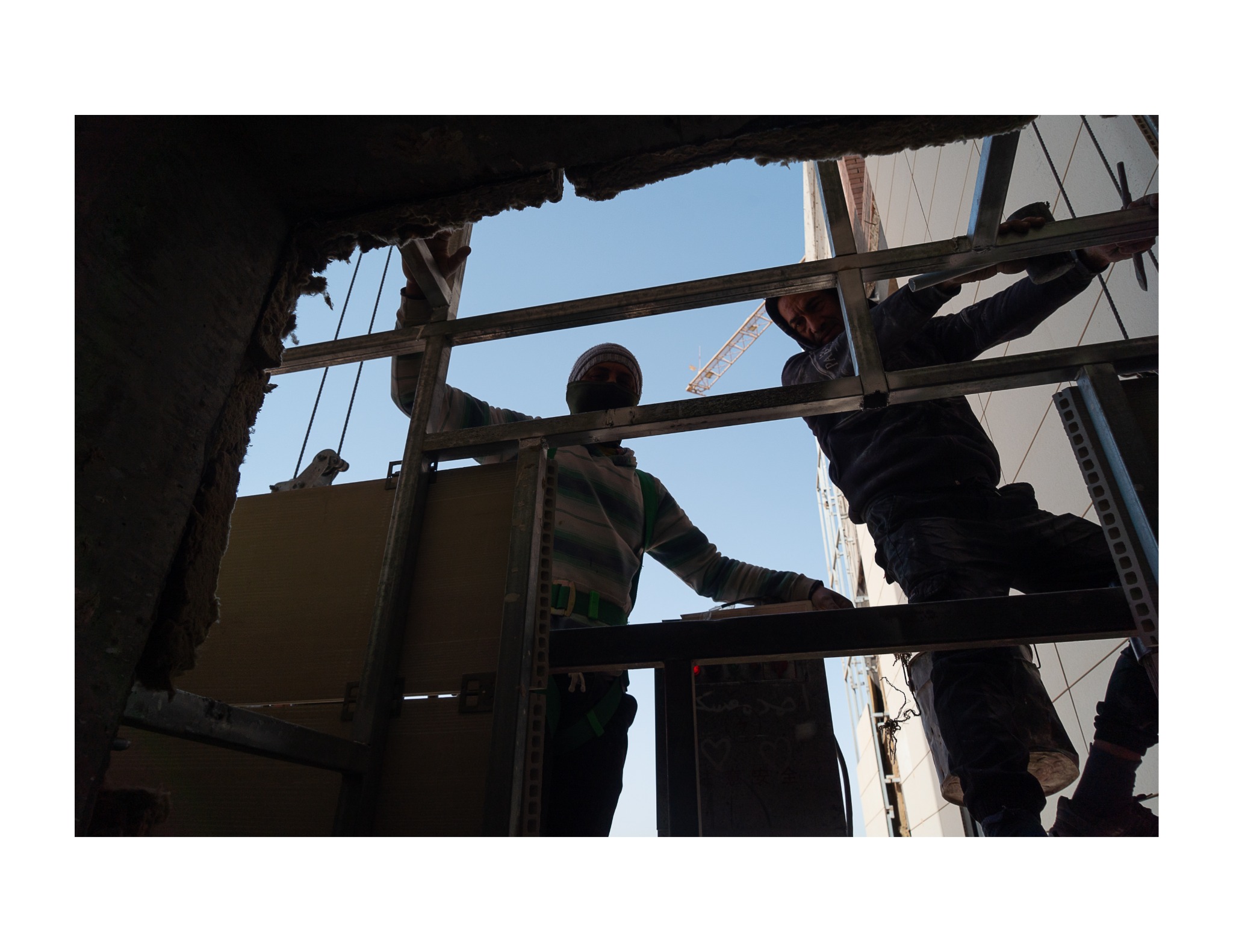
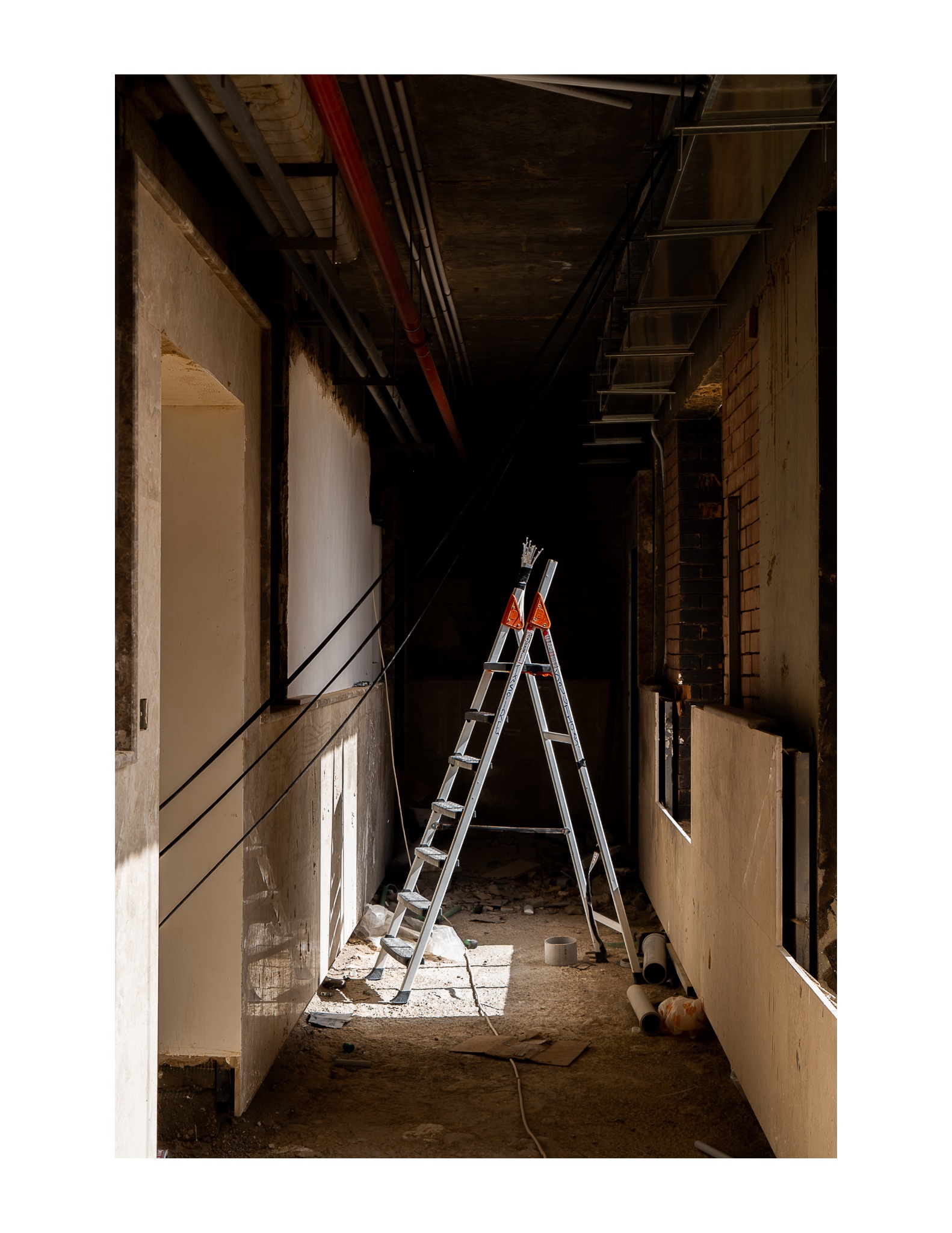
Soaring drug addiction blights lives in Iraq’s war-shattered Ramadi
